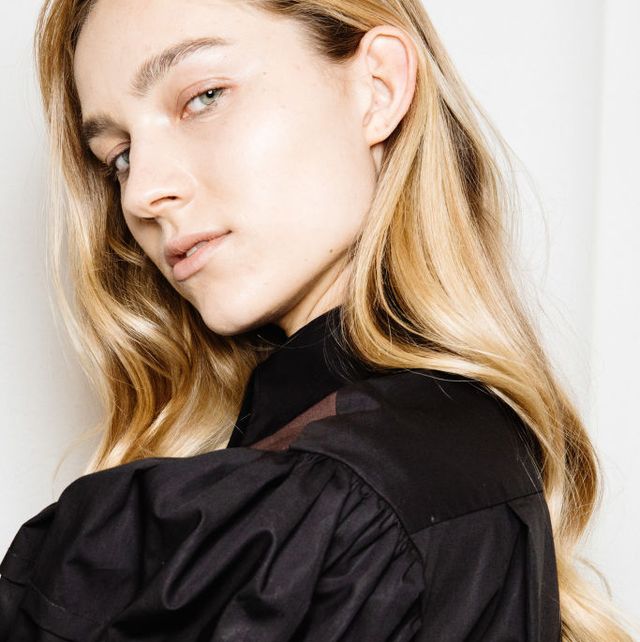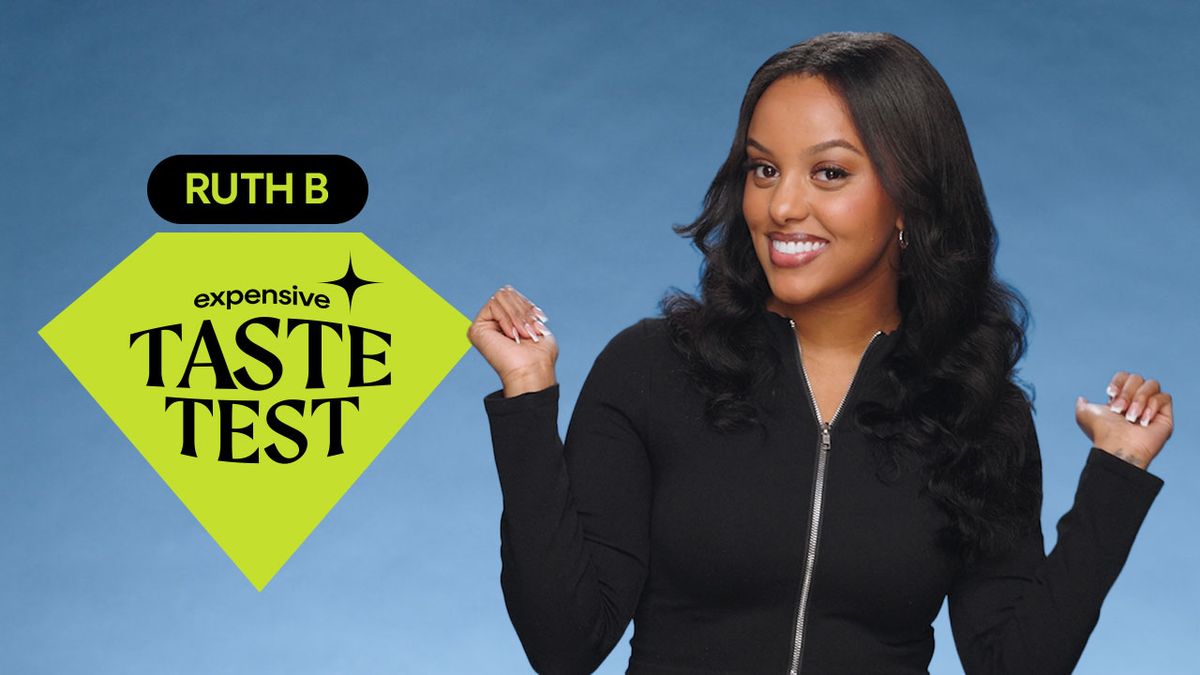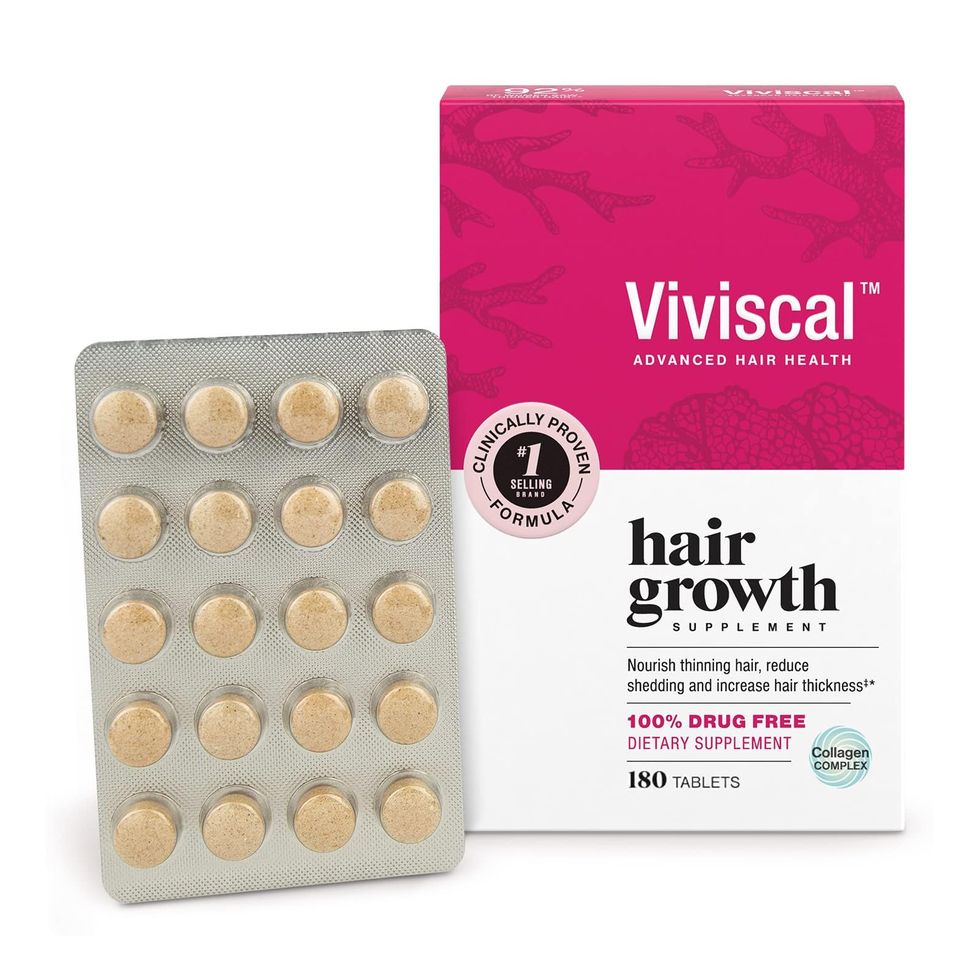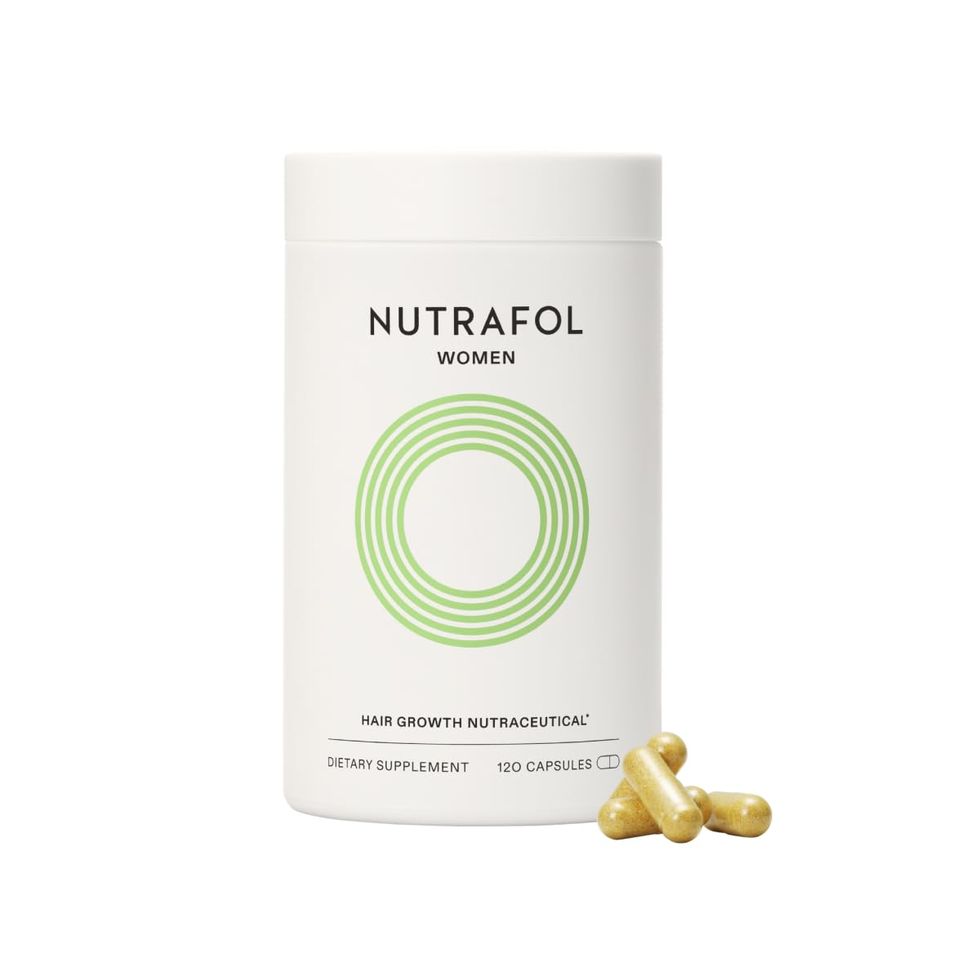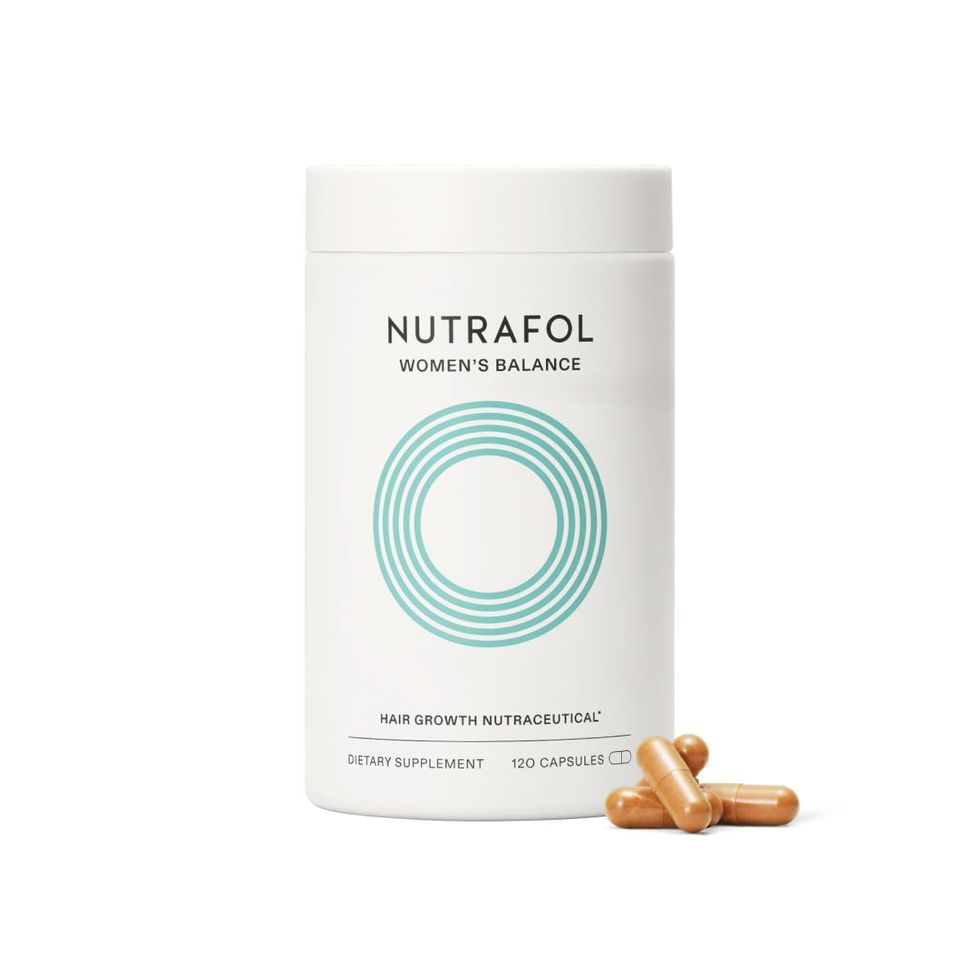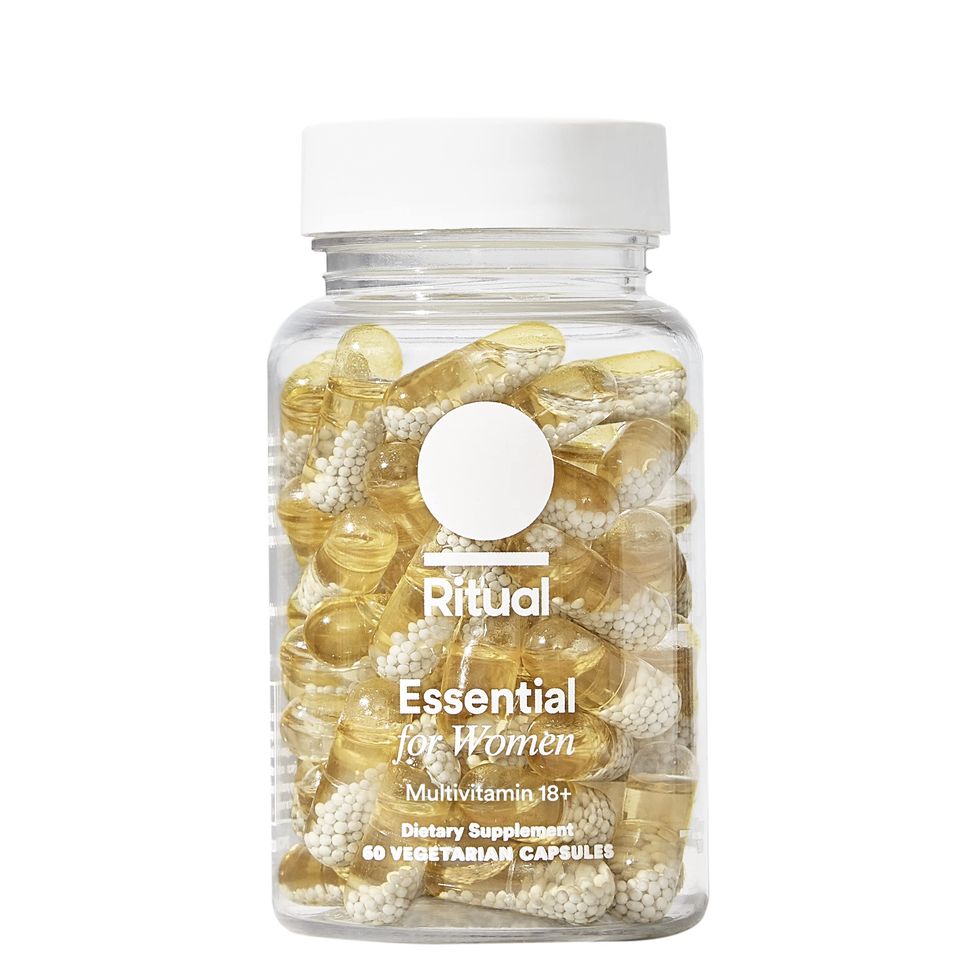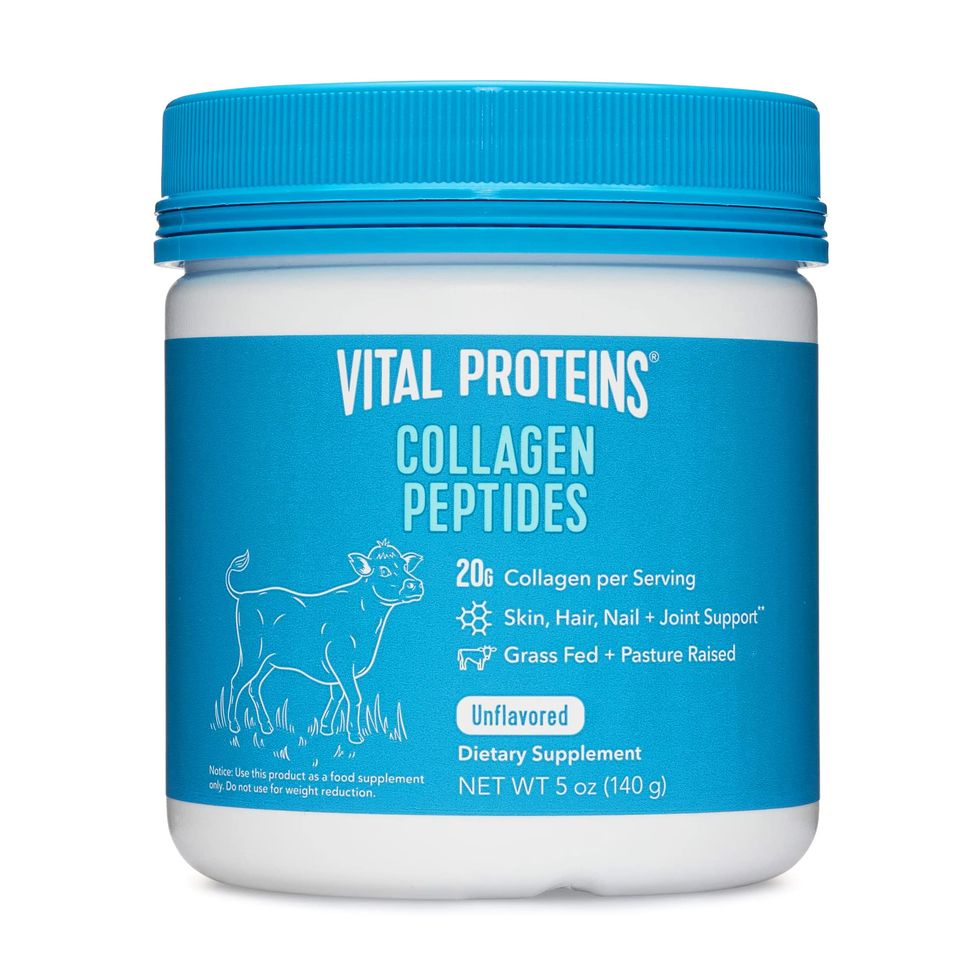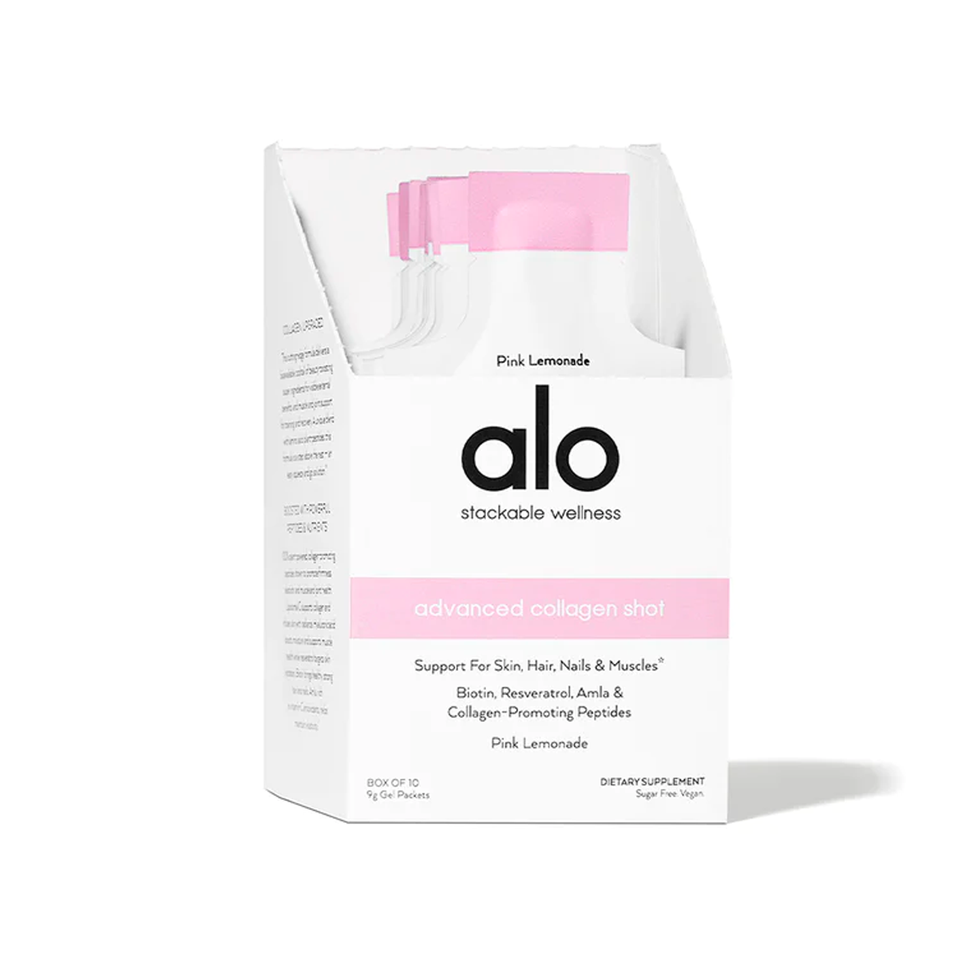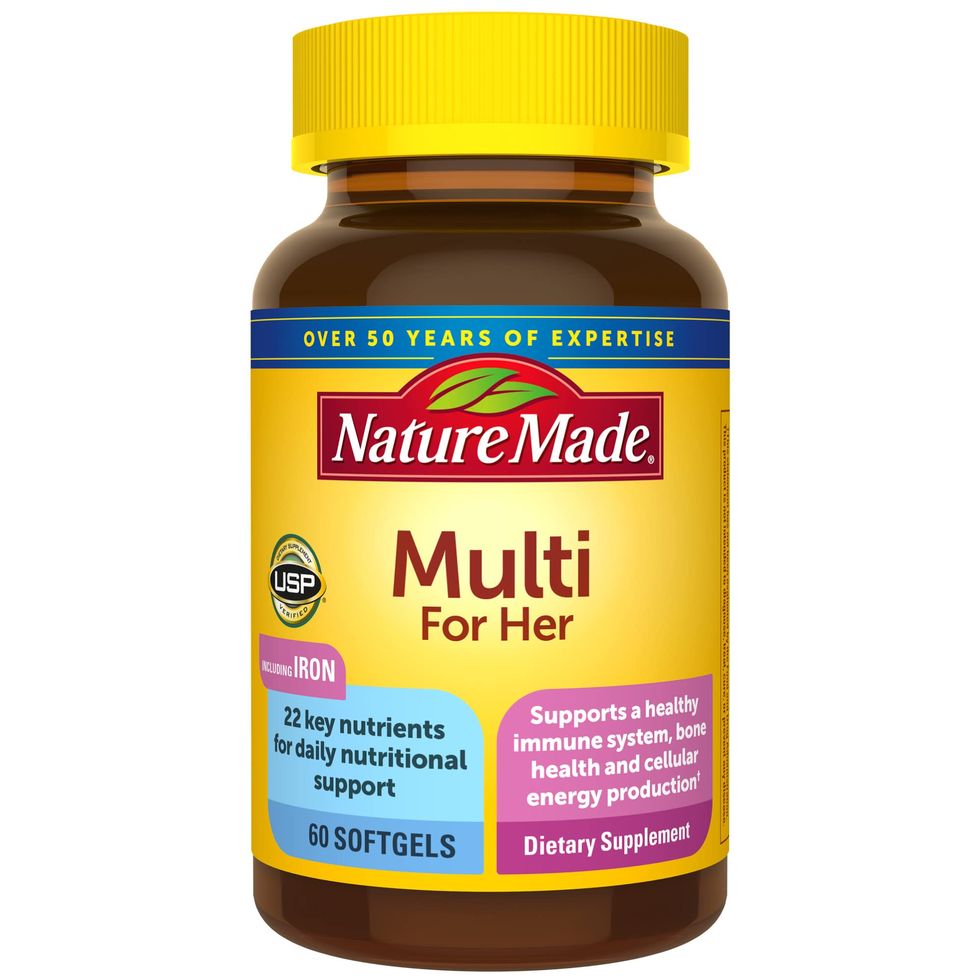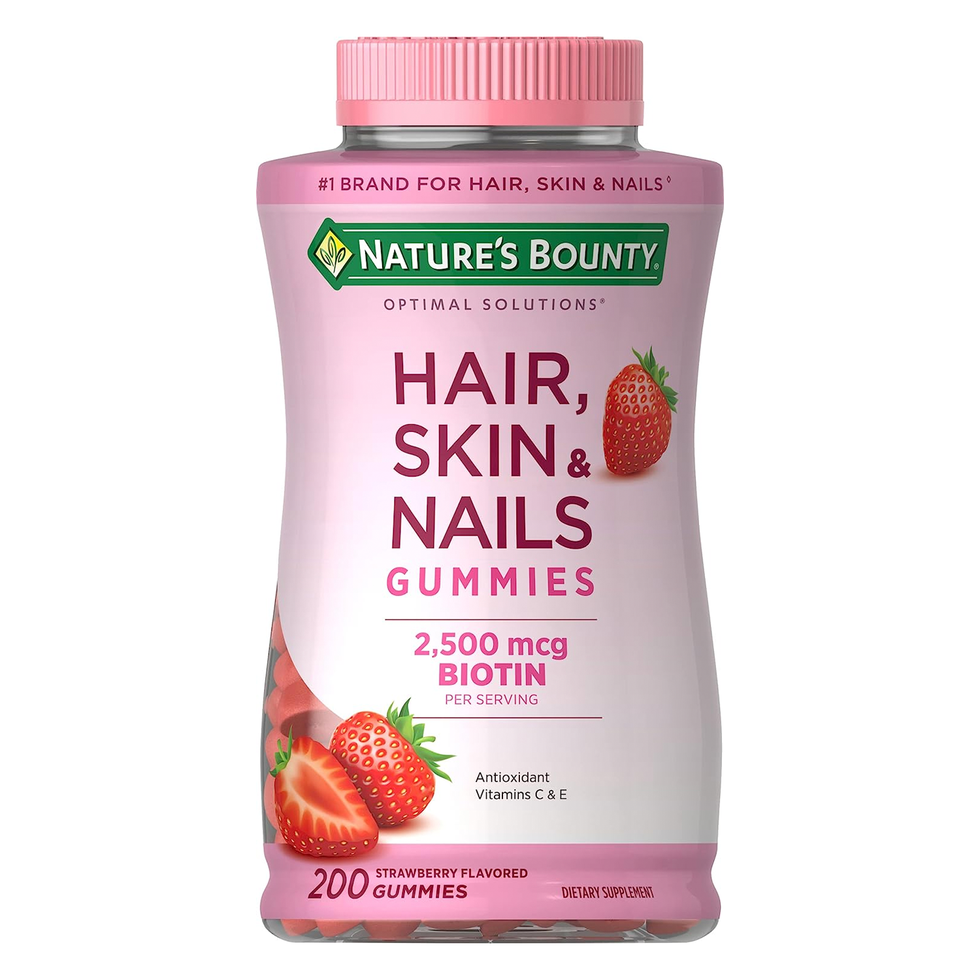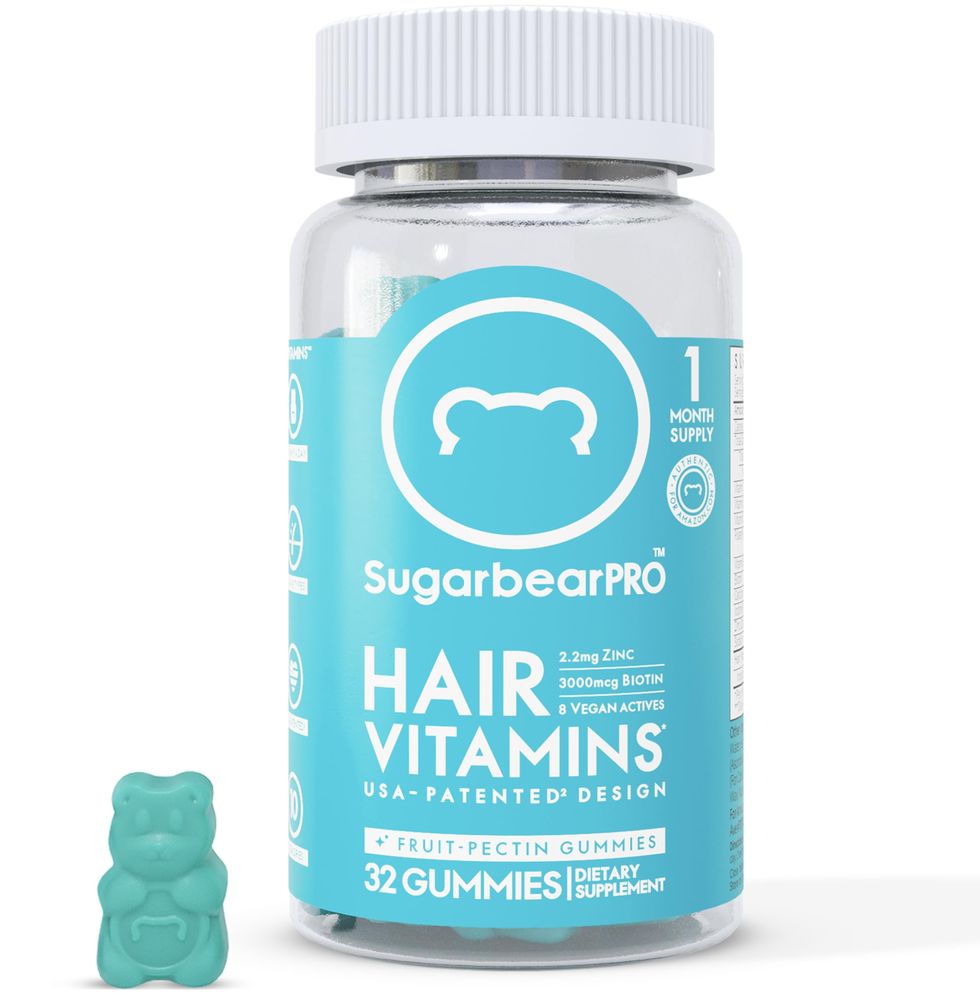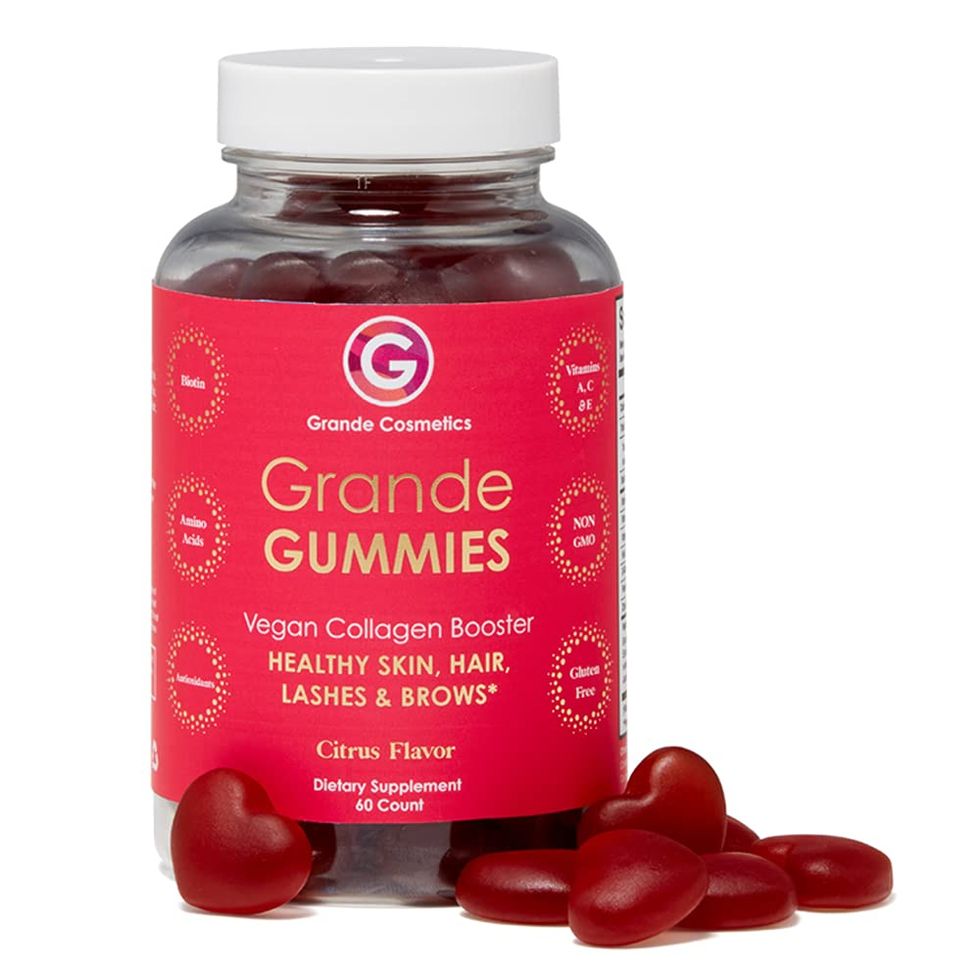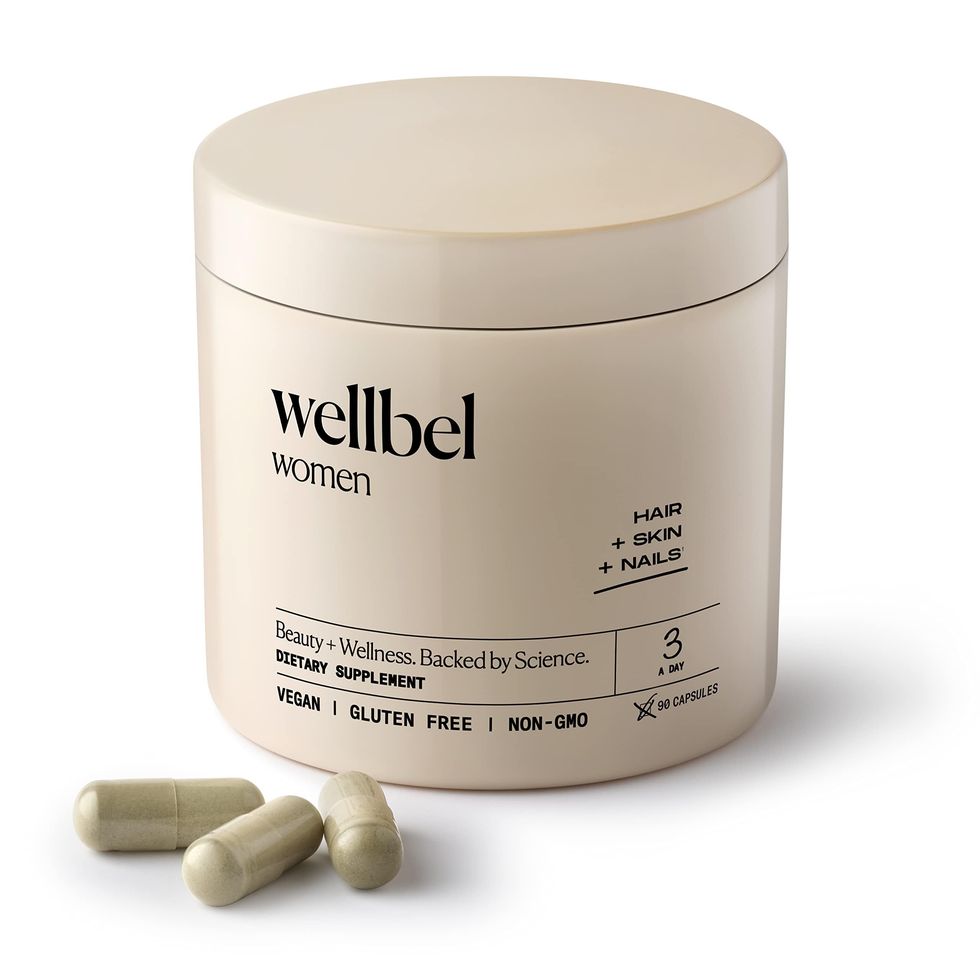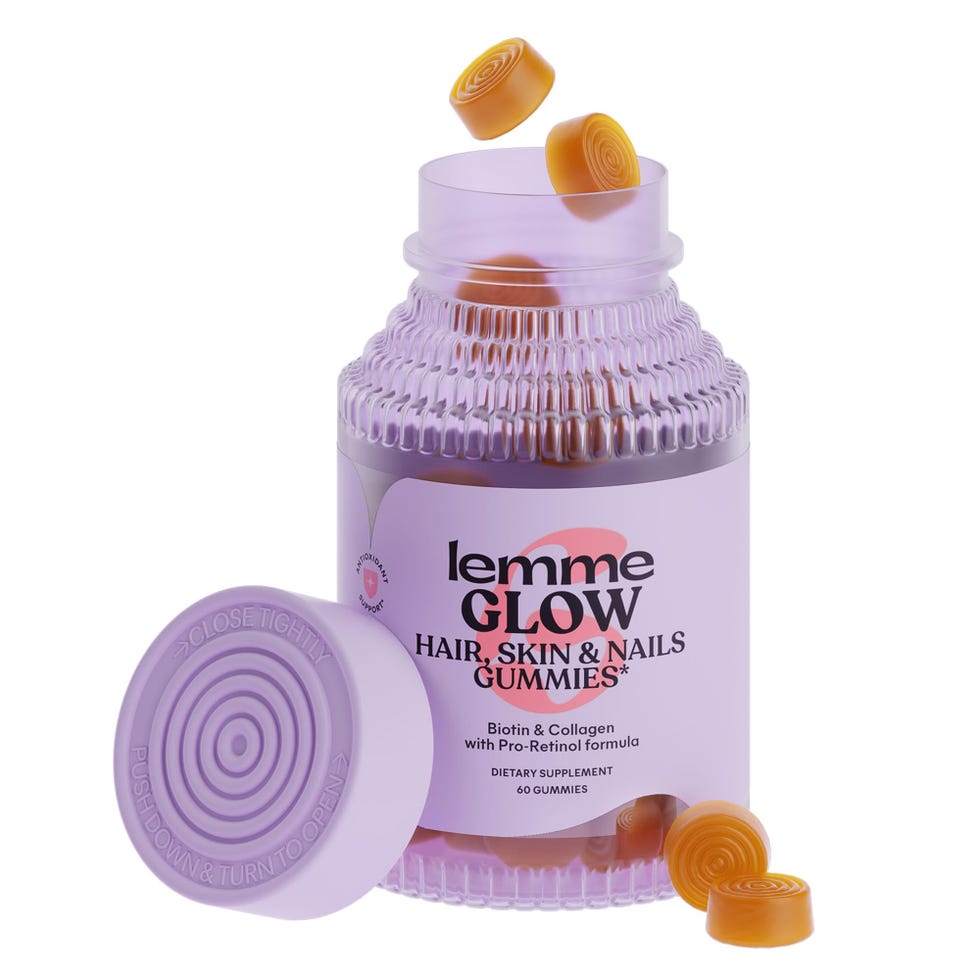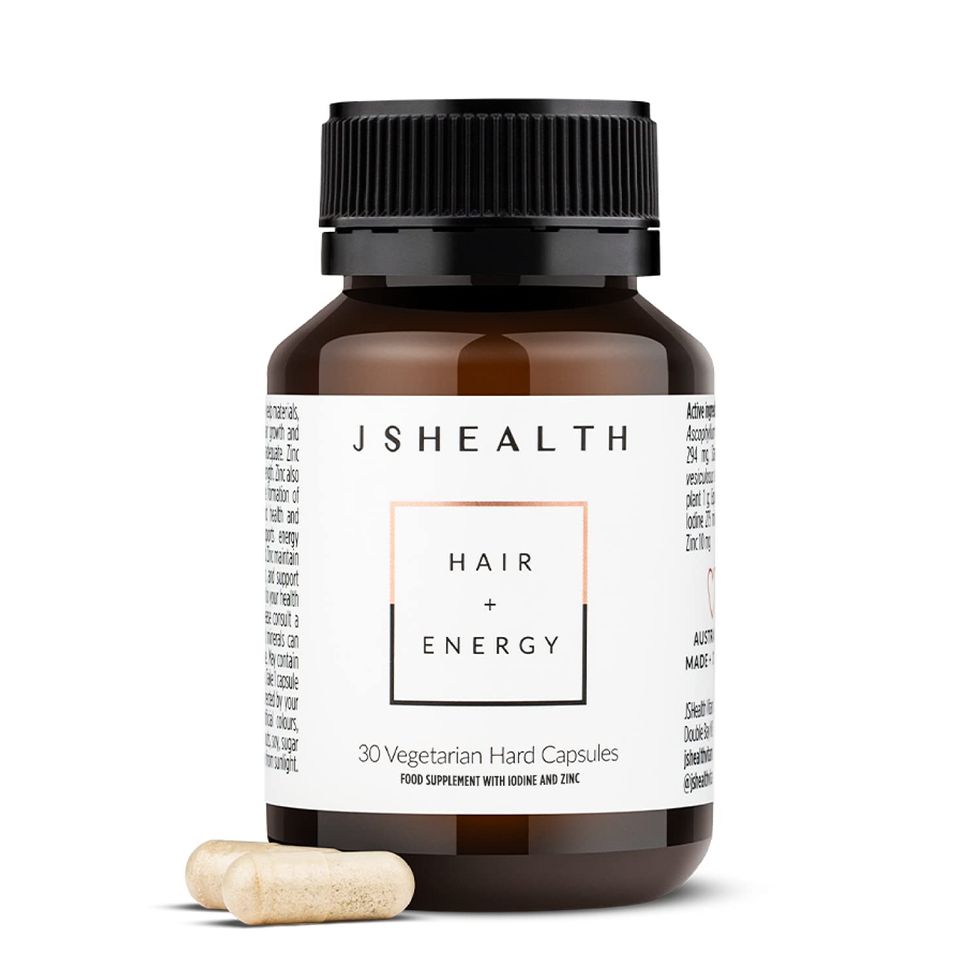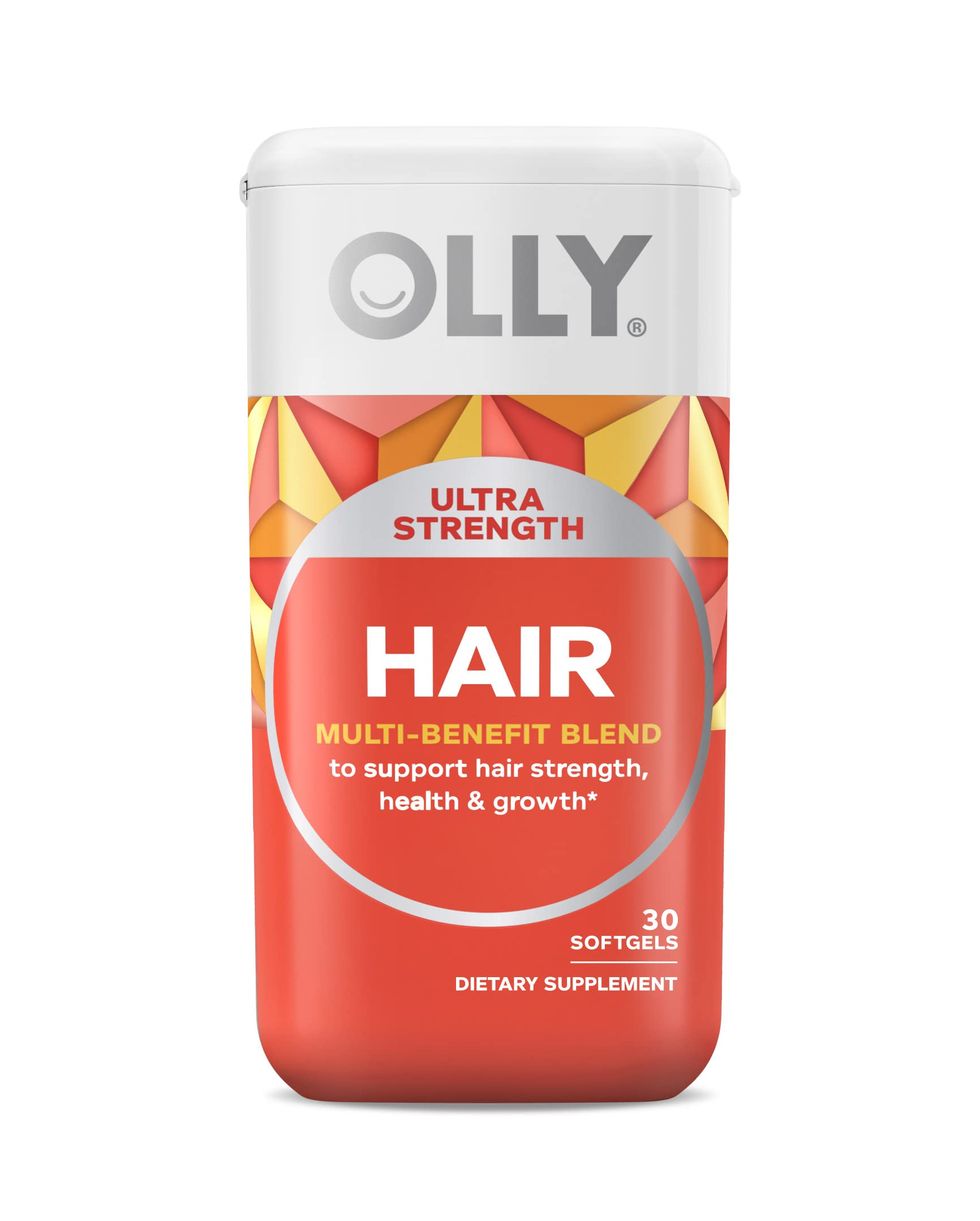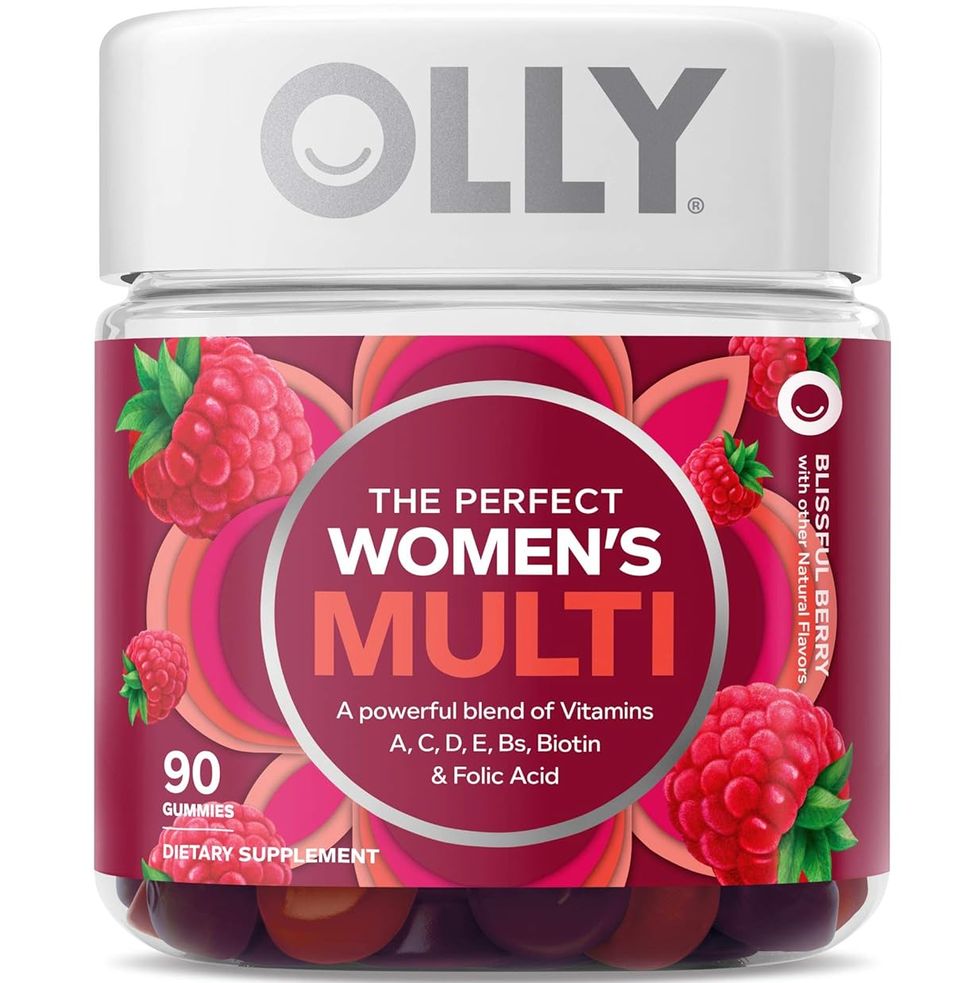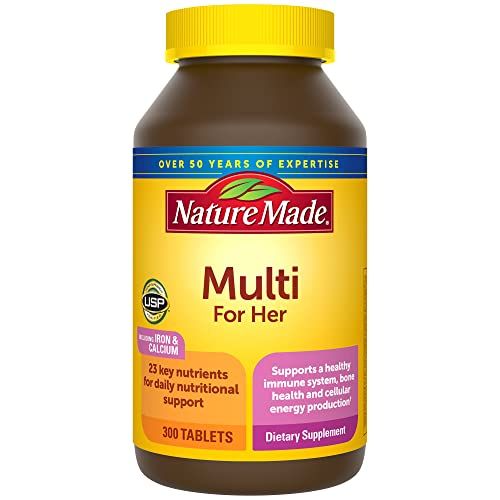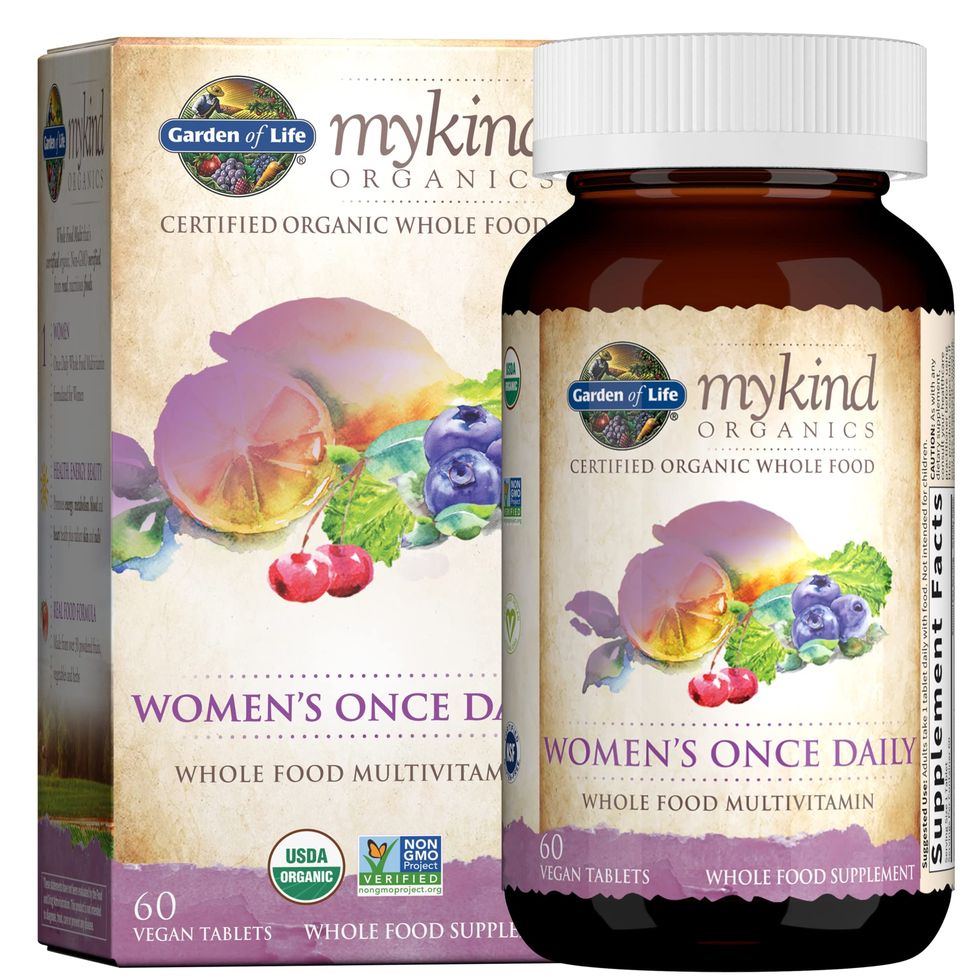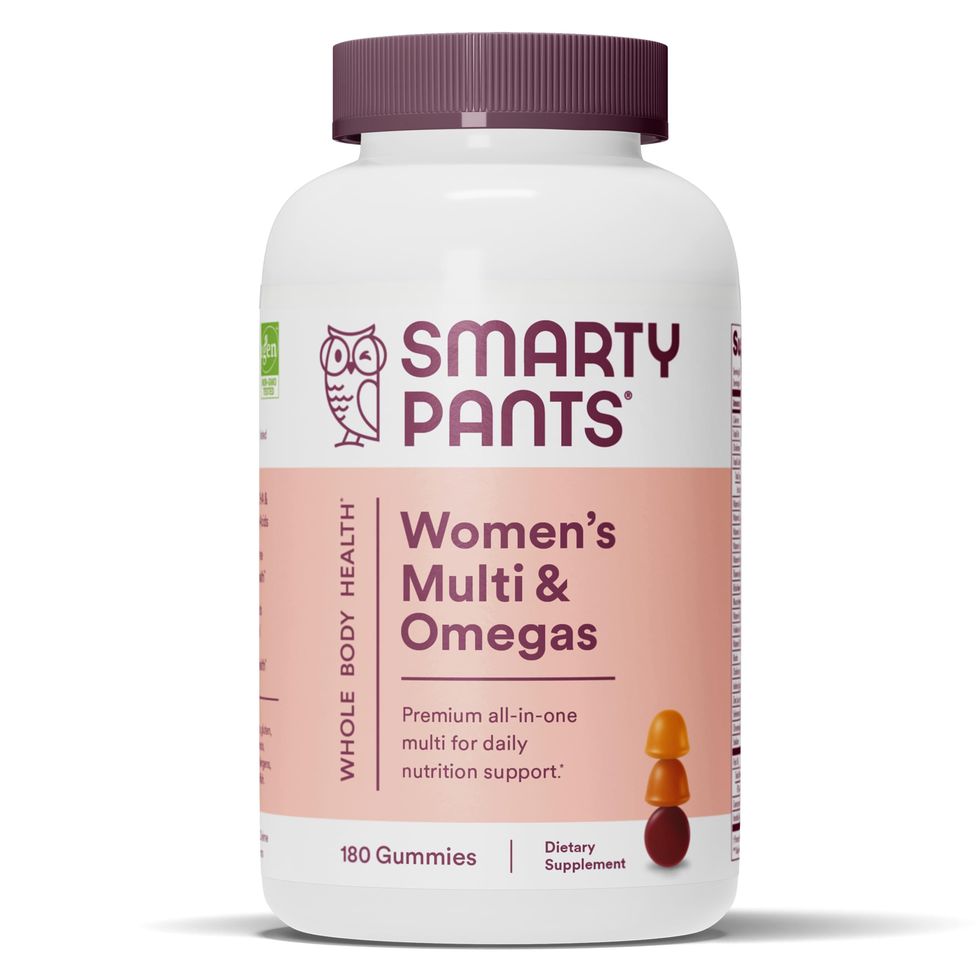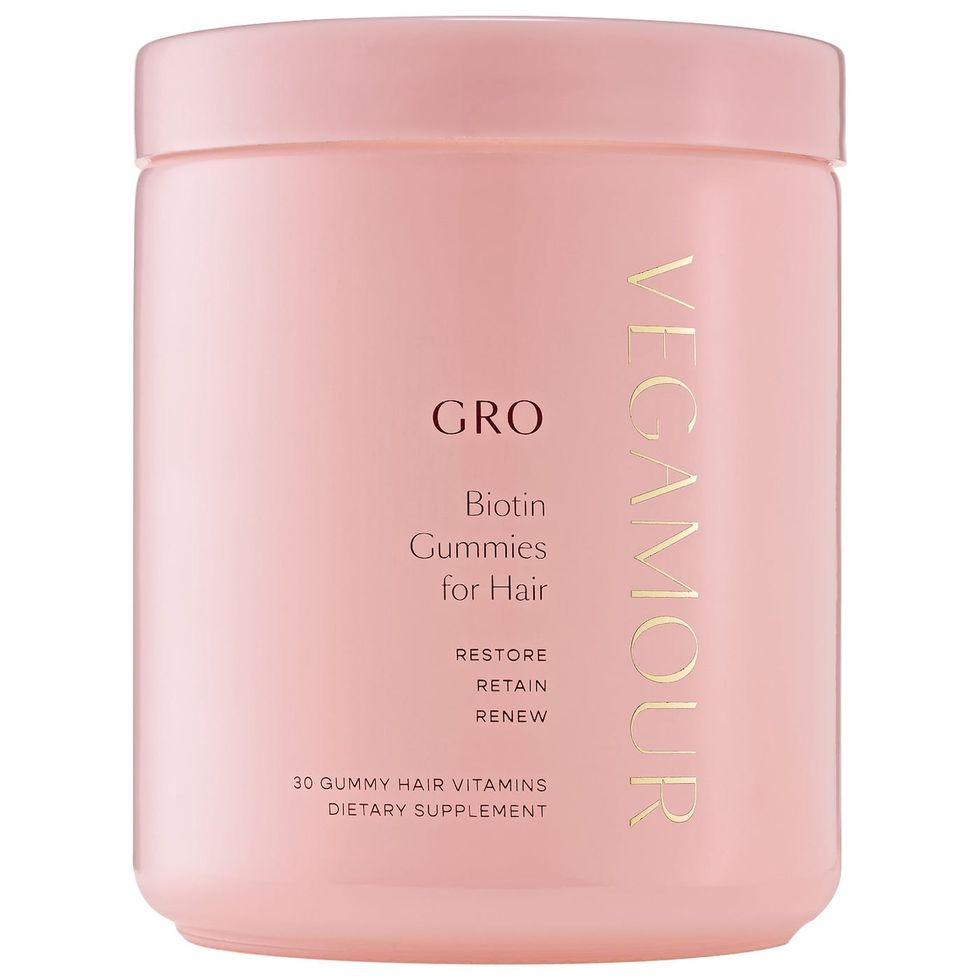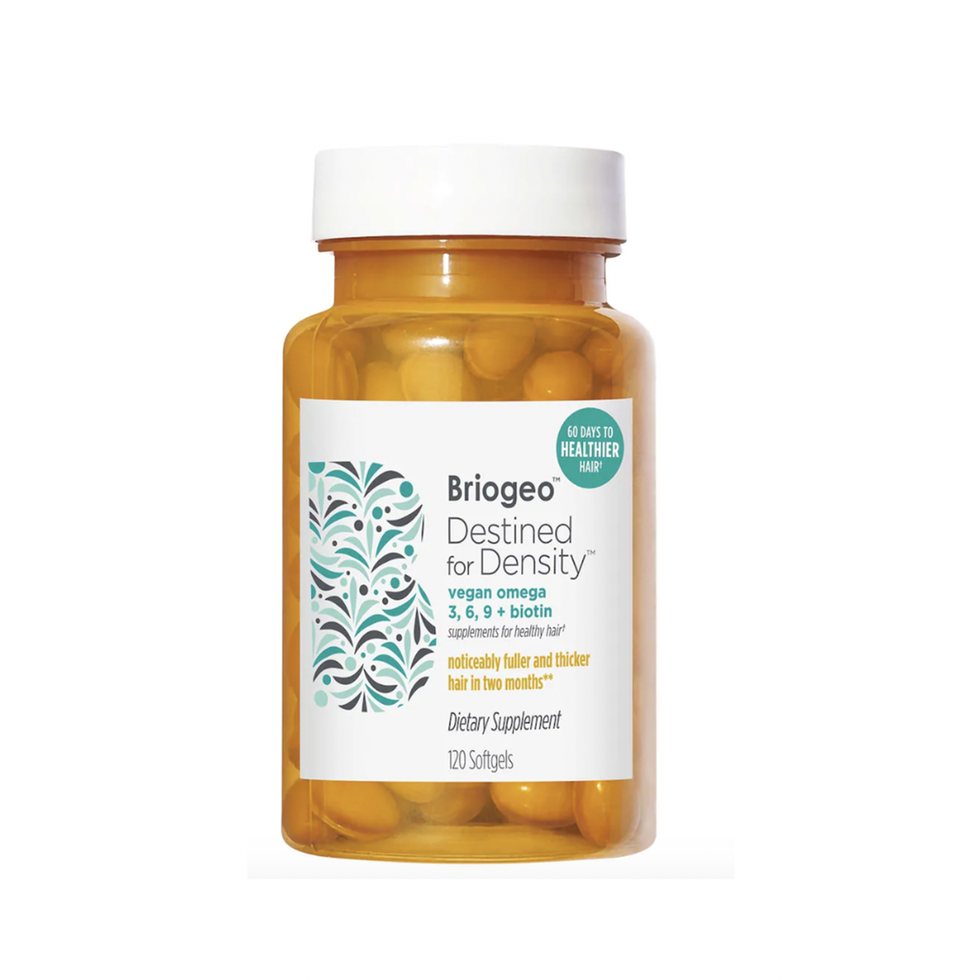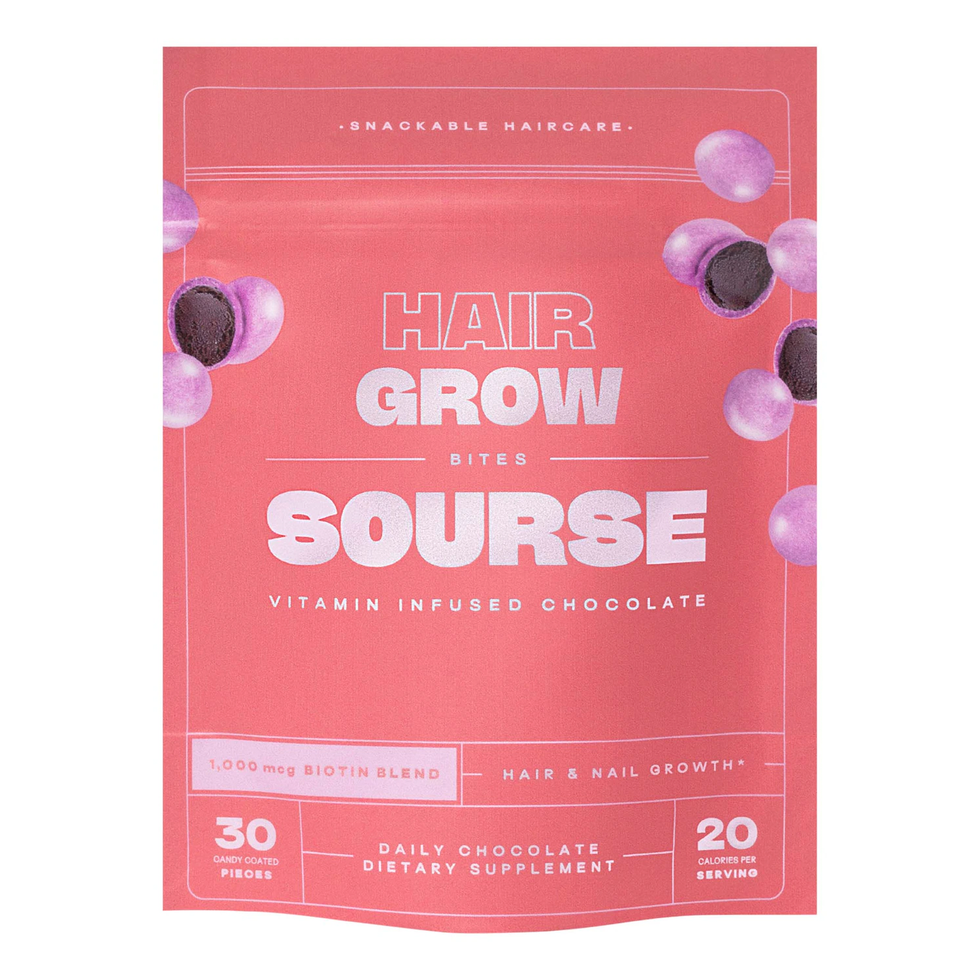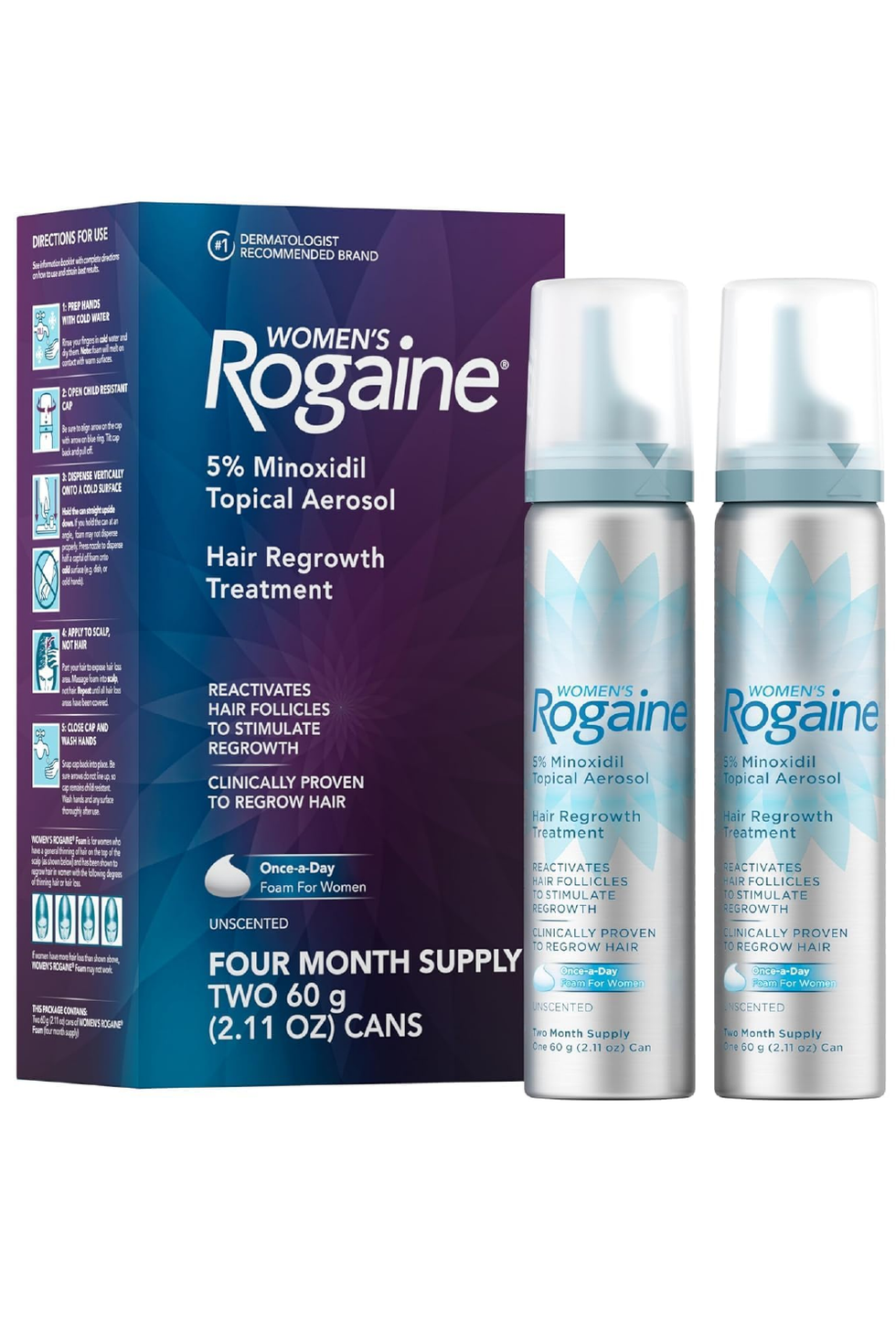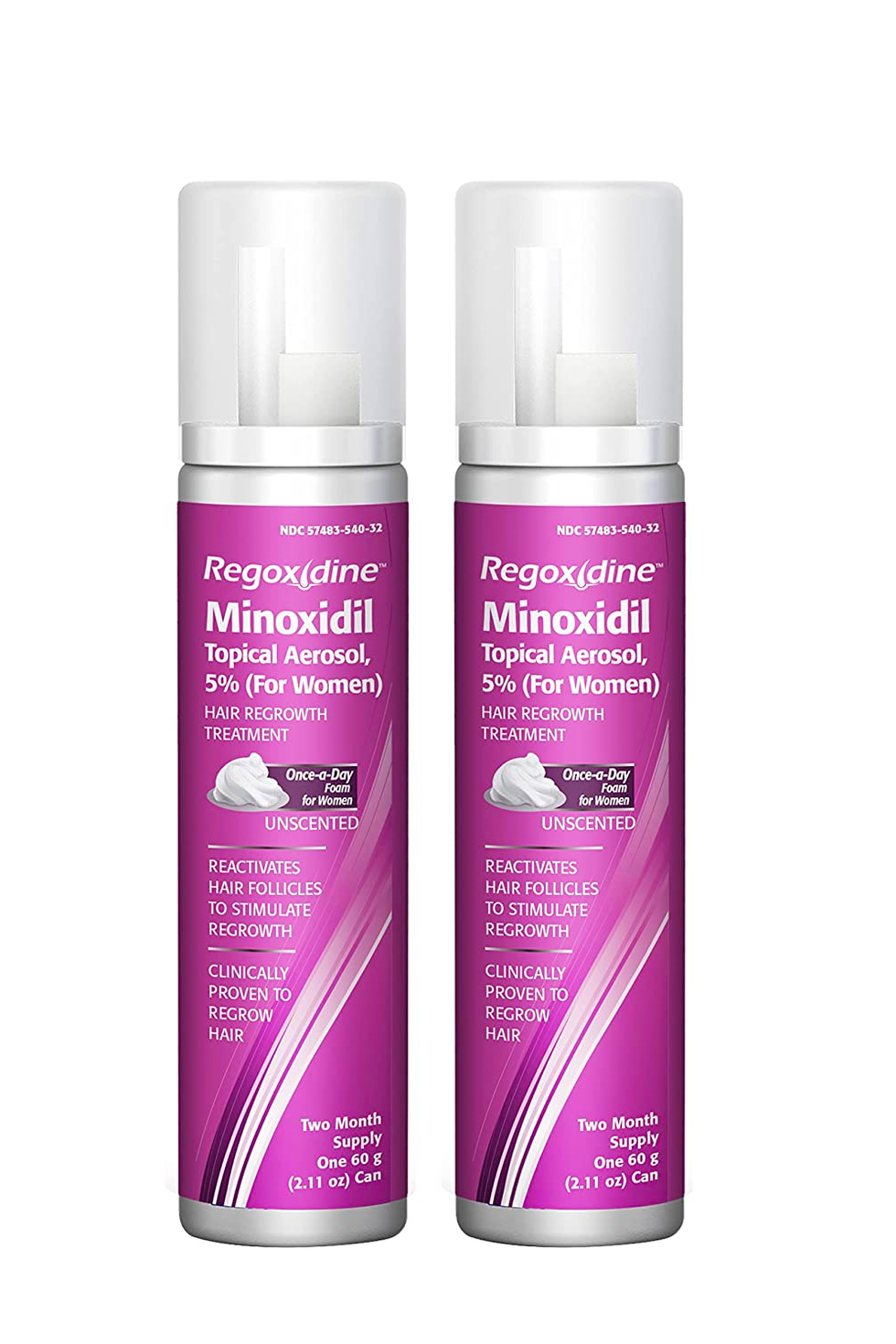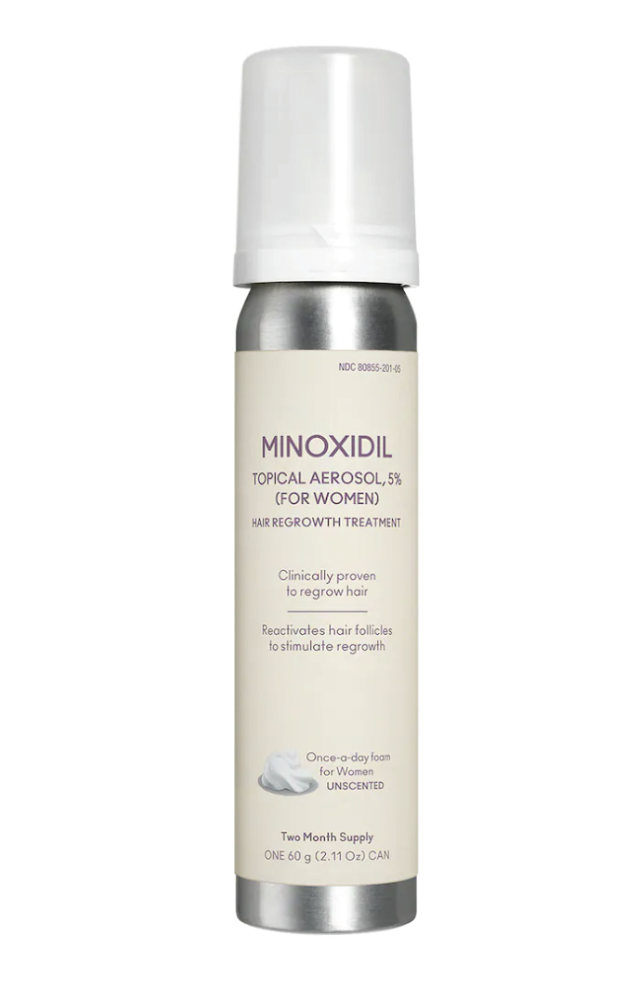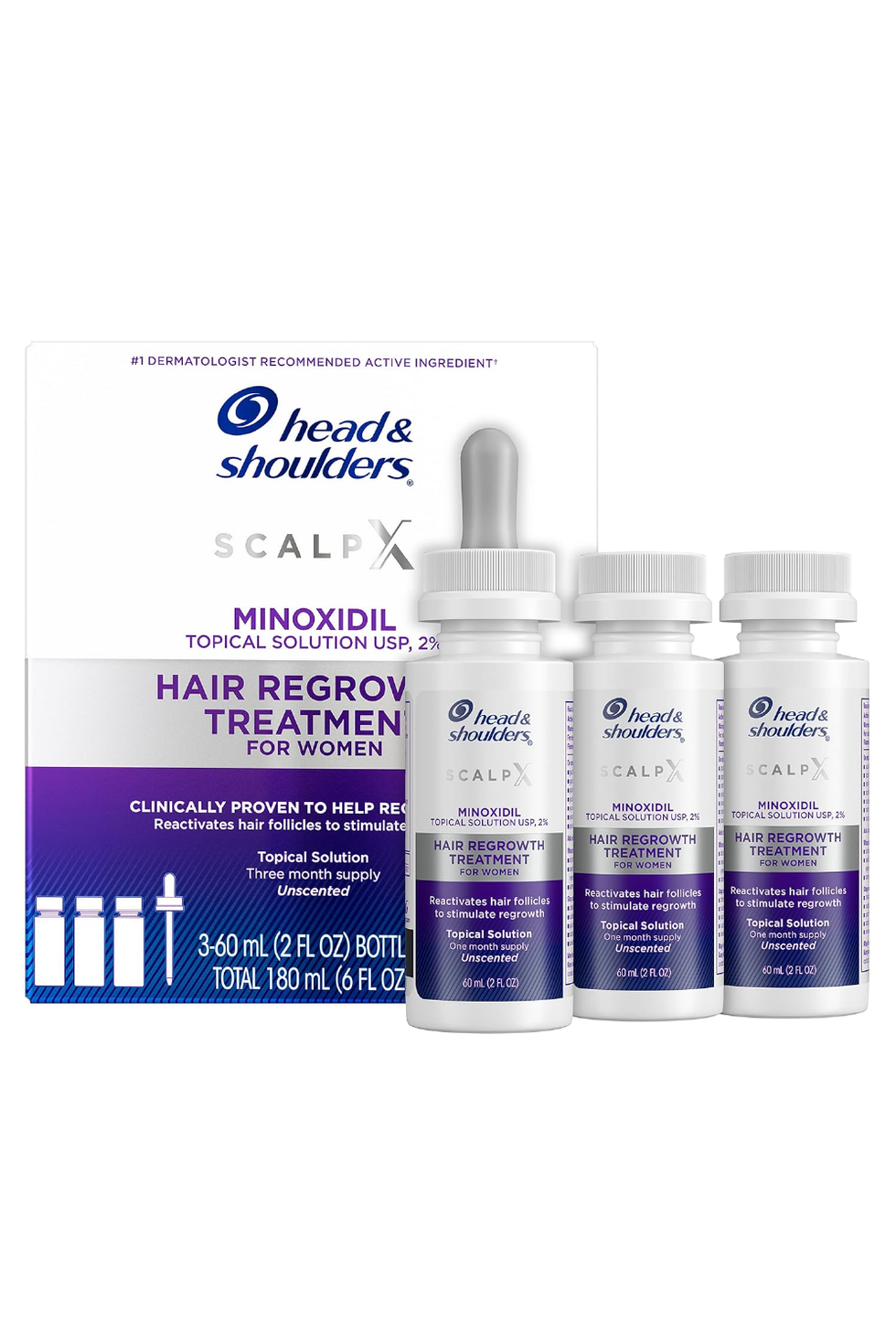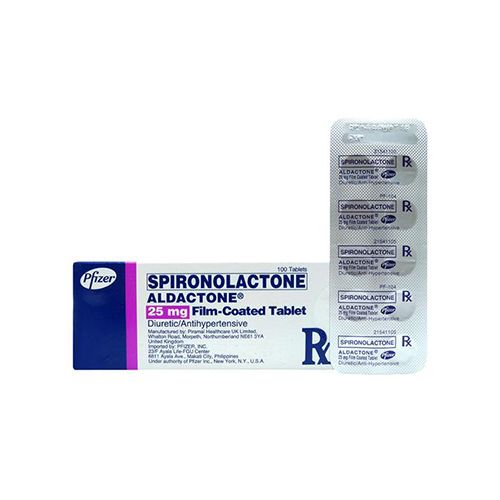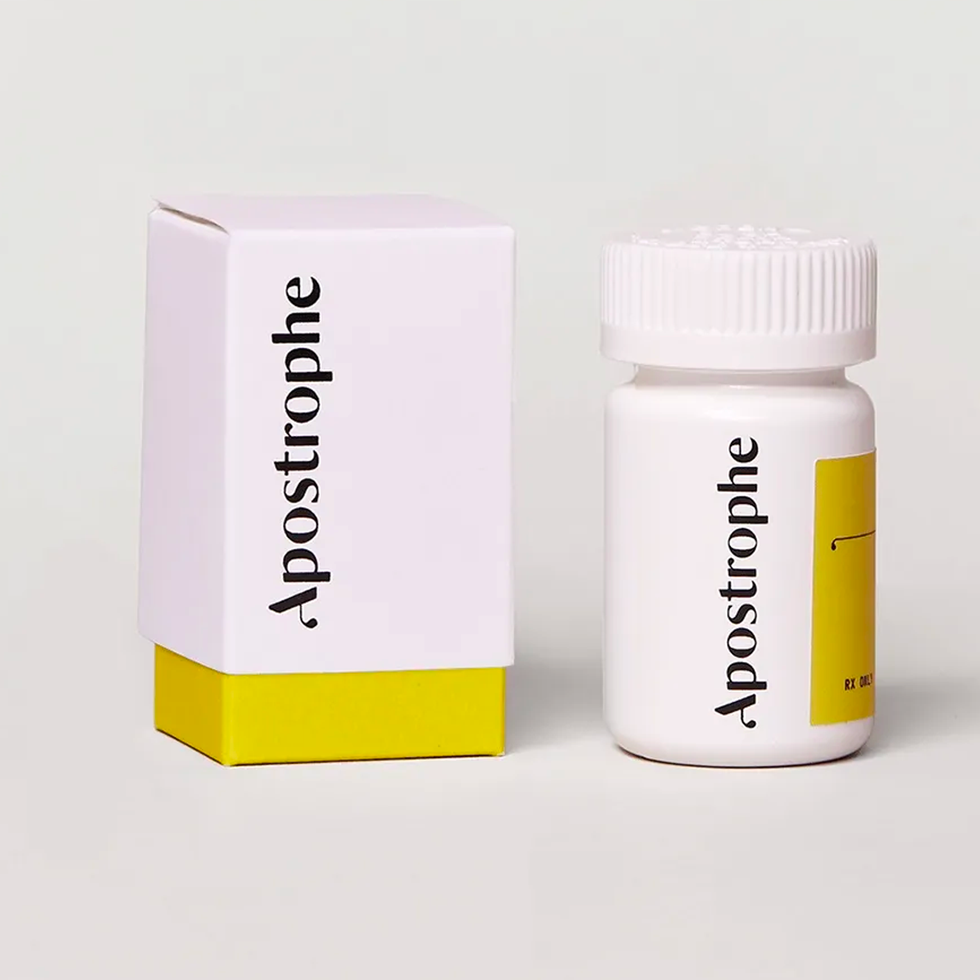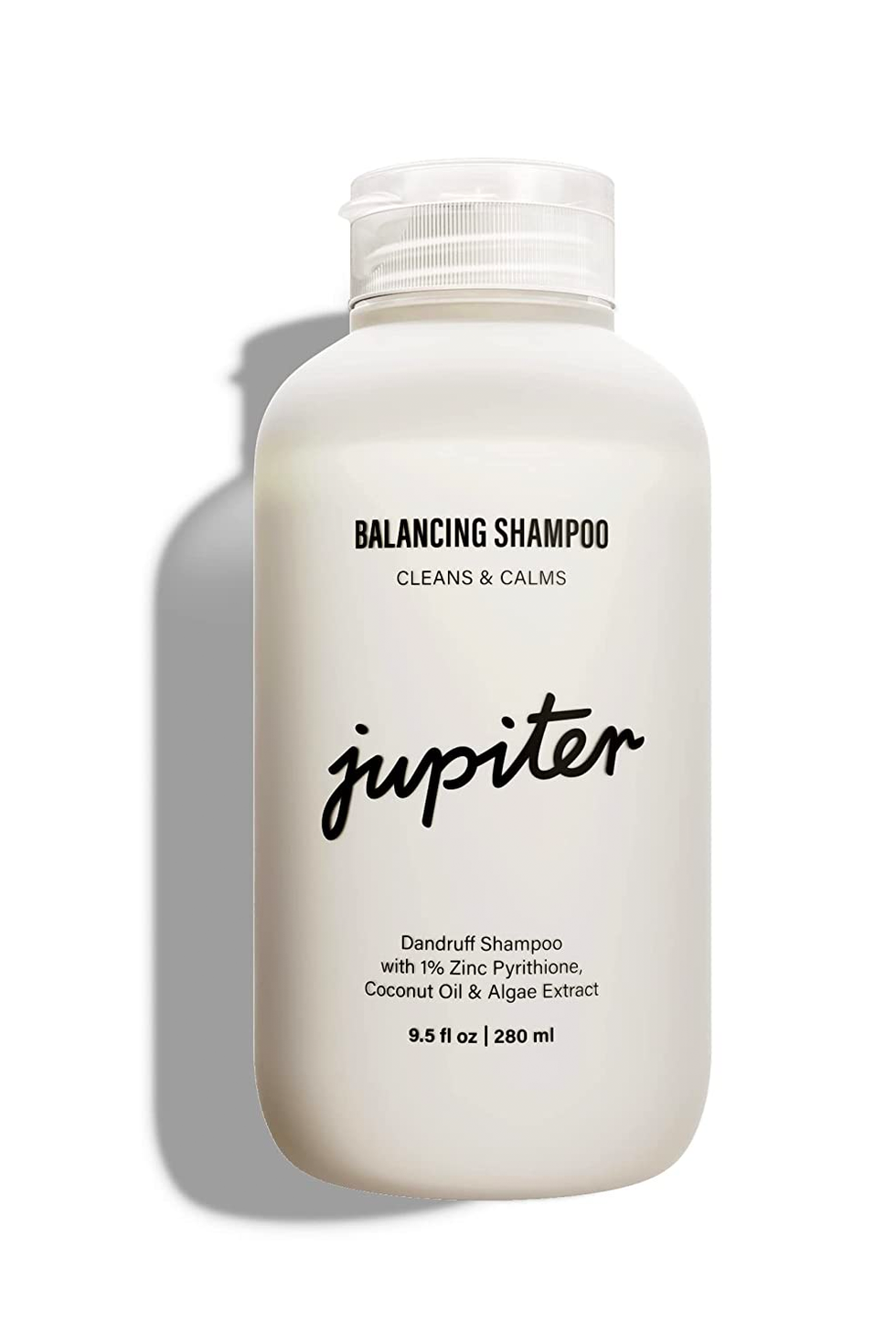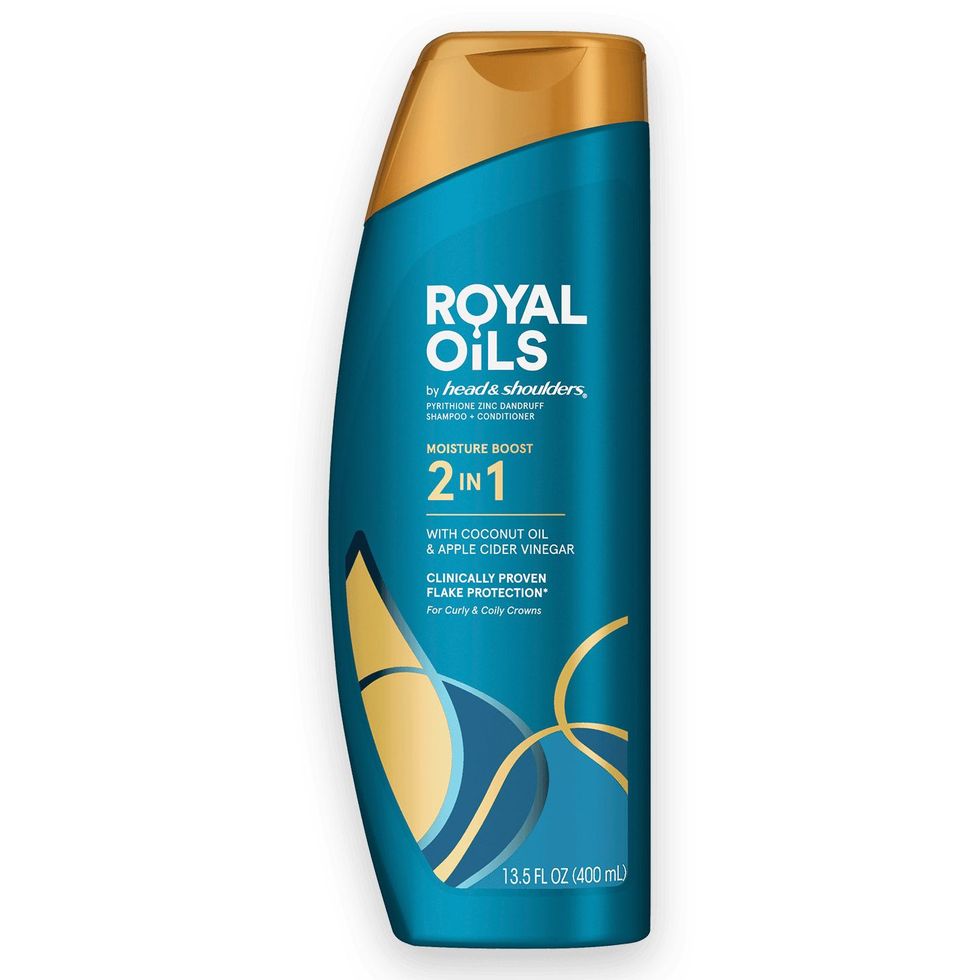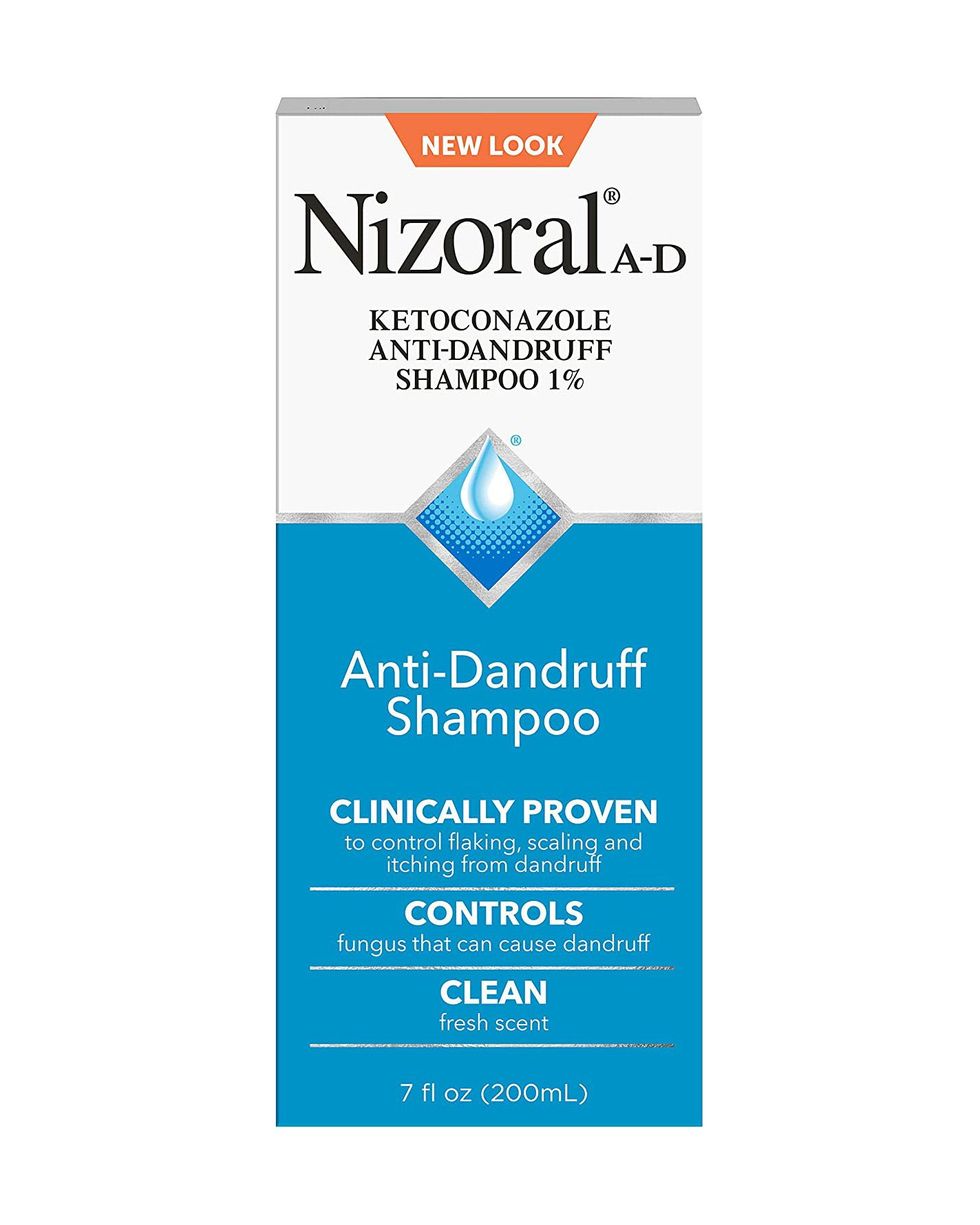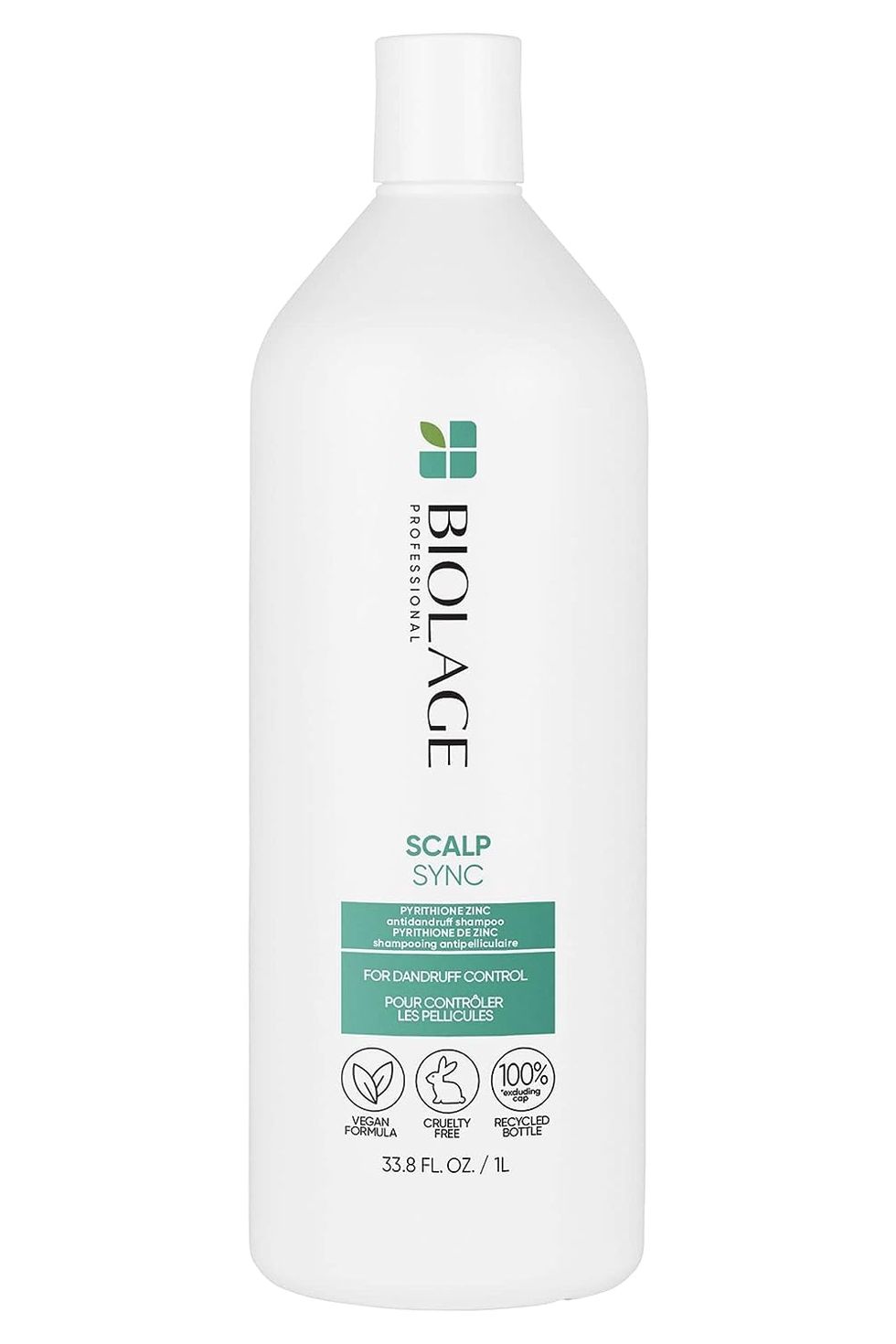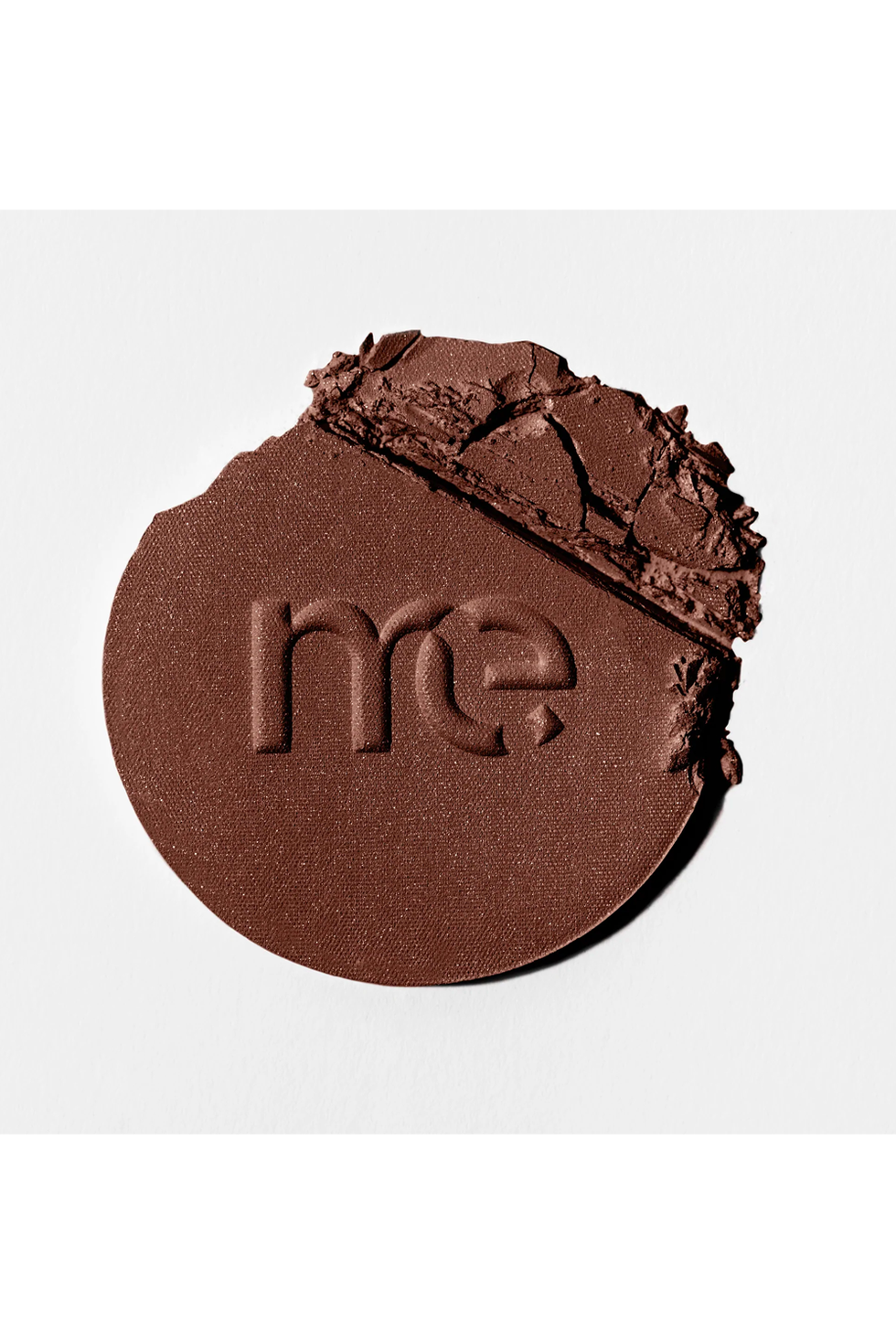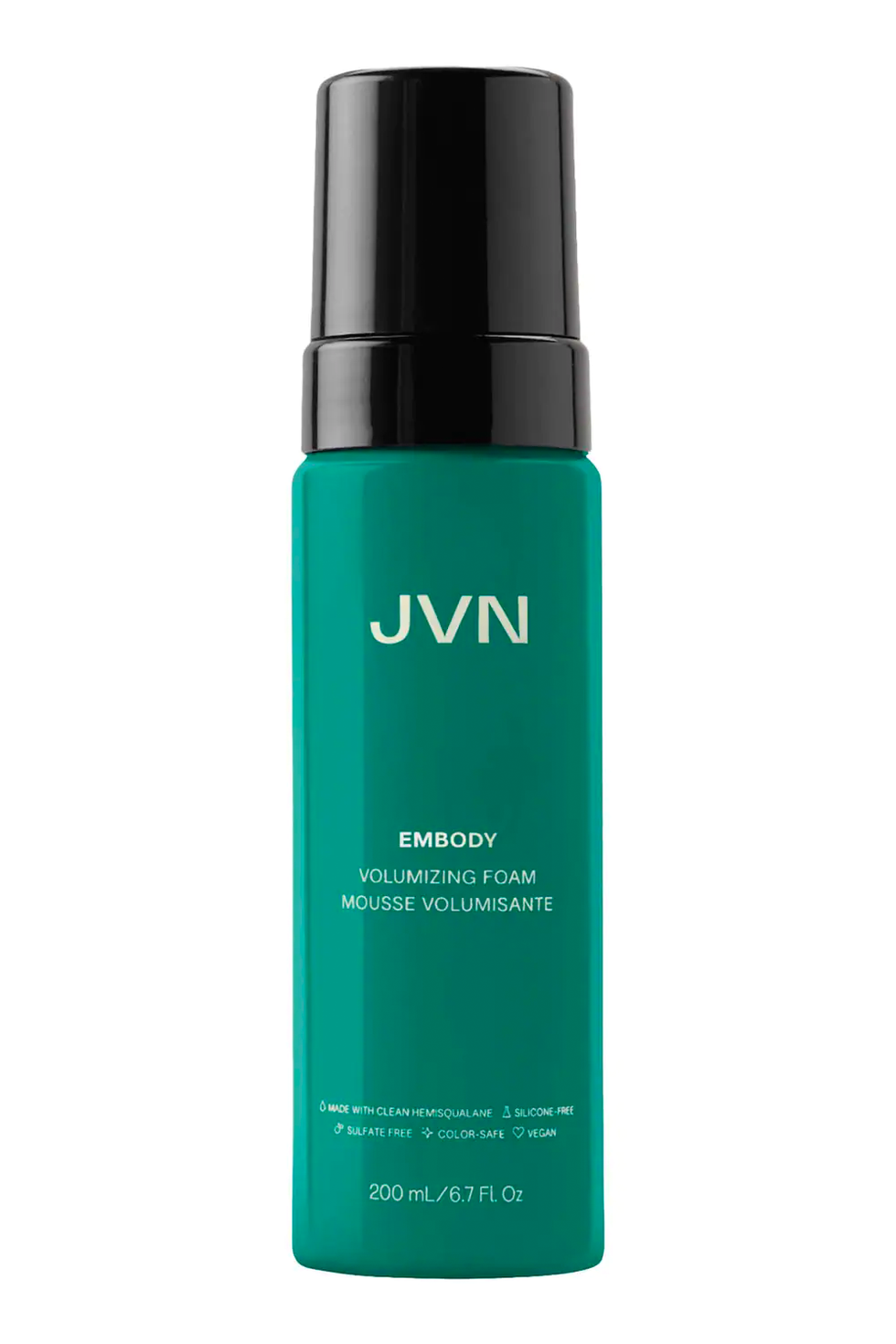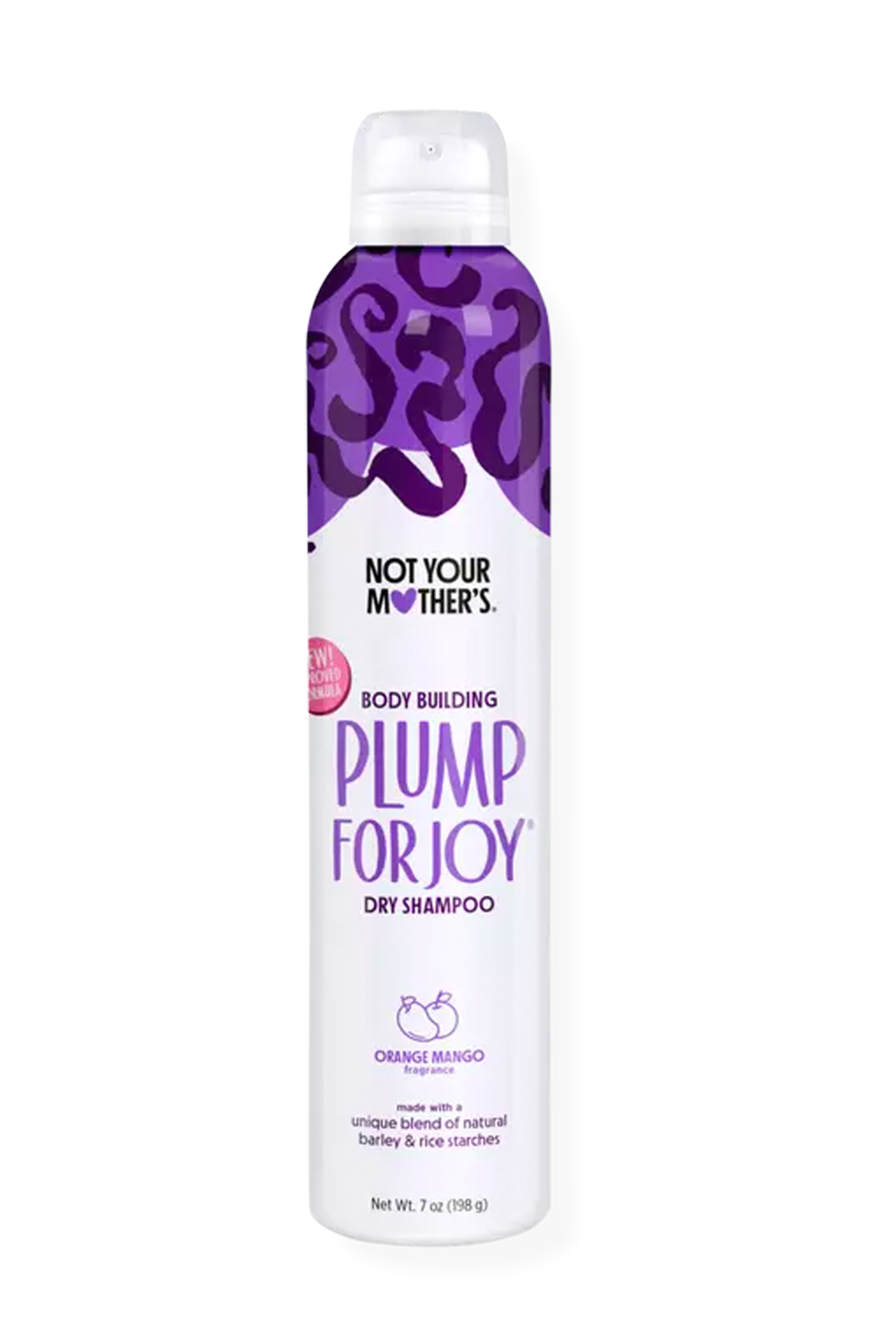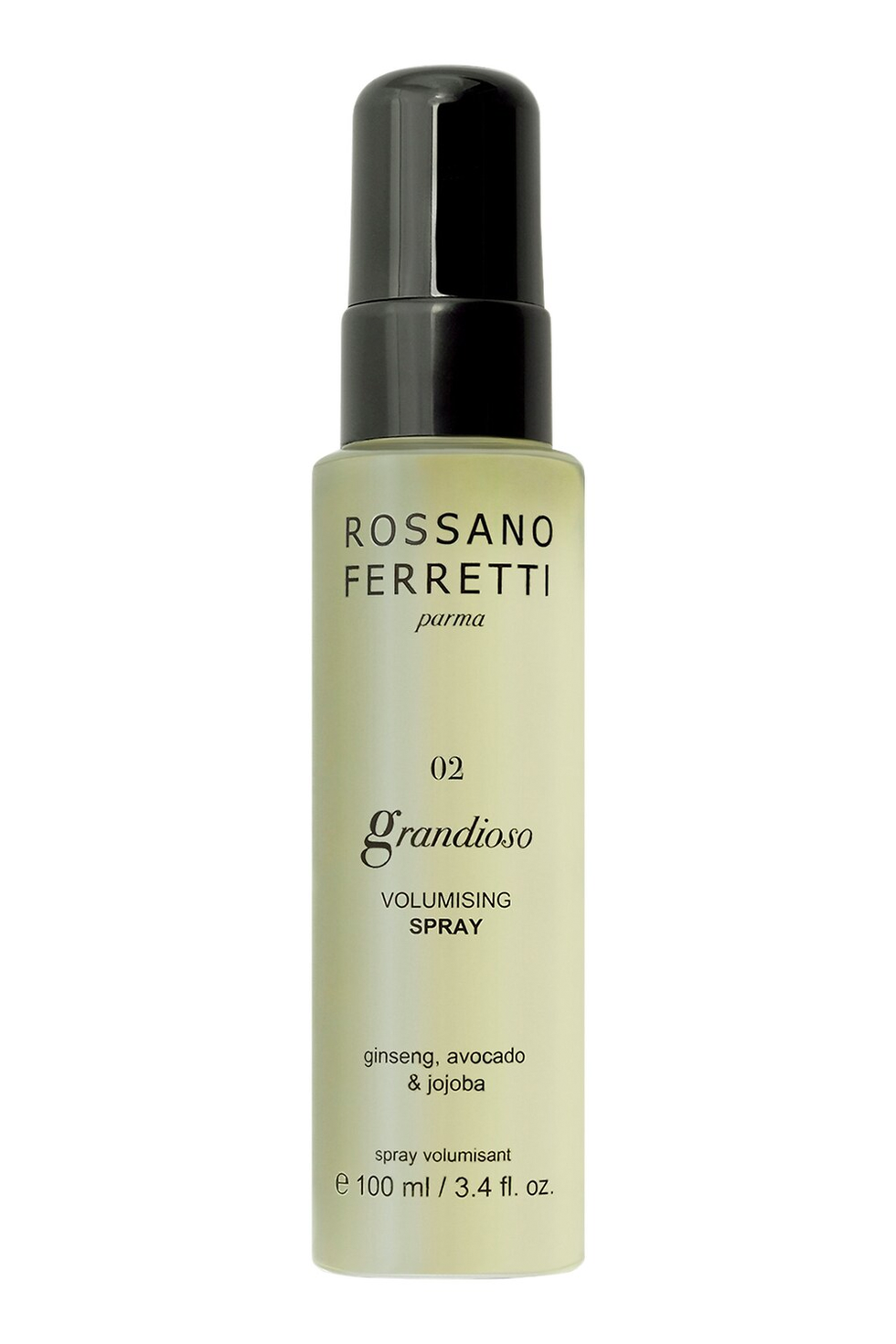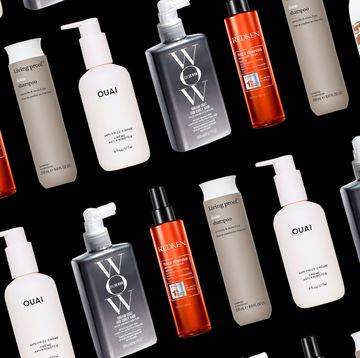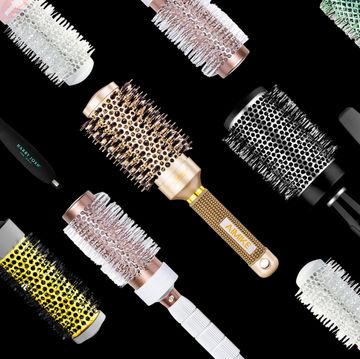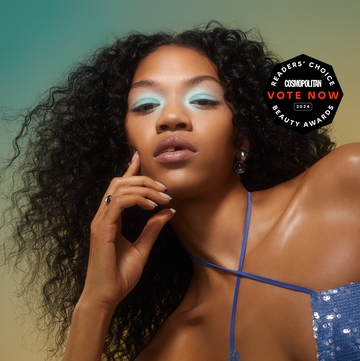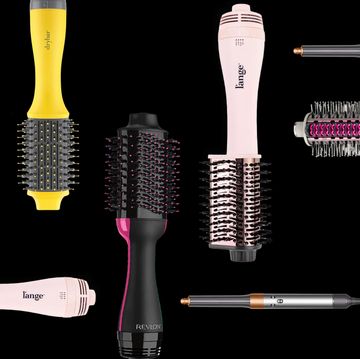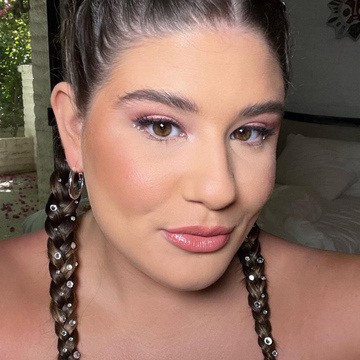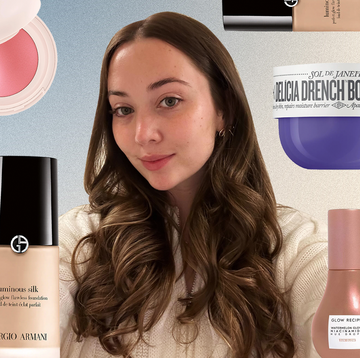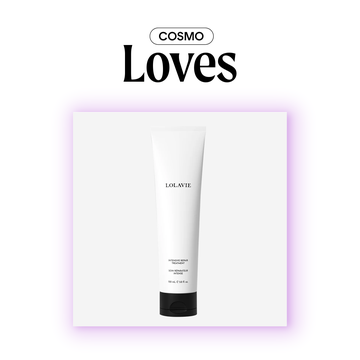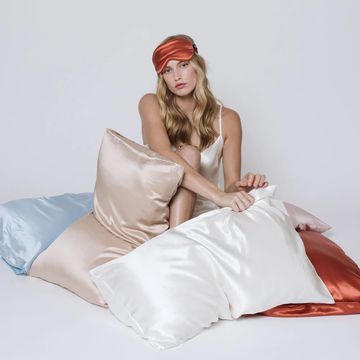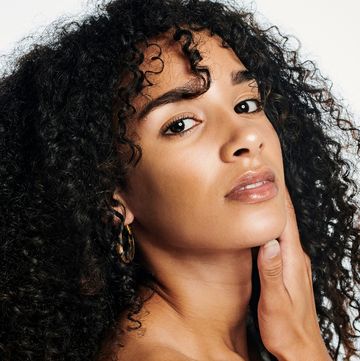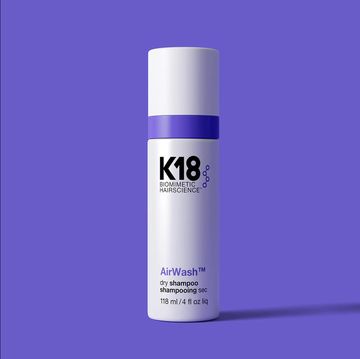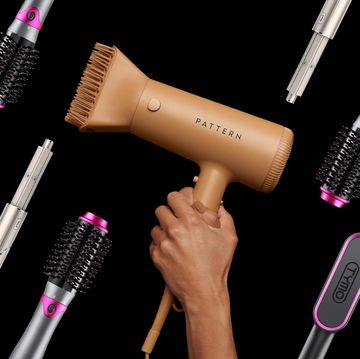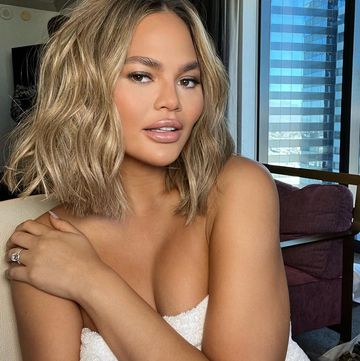Listen, if you've dealt with hair loss or thinning, I see you, I feel you, and I acknowledge that it totally freaking sucks. Not only have I dealt with post-COVID-19-related hair loss myself, but 50 percent of women and 70 percent of men will experience hair loss and thinning in their lifetime. So if you fall into that statistic, and have tried *everything* to make your hair grow faster (hi, hair-growth shampoos, castor-oil treatments, aloe-vera massages, rosemary-oil products), to no avail and no success, I understand why you've landed here. Your targeted ads, TikTok FYP, and IG feed have led you to question hair-growth vitamins, and you, like me, are skeptical about whether or not they really work.
“While hair-growth vitamins may potentially help improve overall hair health, there is not enough evidence to prove their efficacy for hair growth,” says board-certified dermatologist Marisa Garshick, MD. However, they can be great for the right person, according to experts. I asked dermatologists and trichologists if hair-growth vitamins are safe, if they can actually grow your hair, what vitamins are the best, and the hair-growth treatments they actually recommend. Keep scrolling:
How do vitamins for hair growth work?
Usually, hair-growth vitamins, gummies, and supplements are filled with a mix of “hair-friendly” ingredients like biotin; folic acid; vitamins D, A, C, and E; and omegas, all of which supposedly work together to make your hair look longer, healthier, shinier, and stronger after a few months. That is, supposedly (yes, we'll get into it). But first…
Are hair-growth vitamins safe?
Whether or not hair-growth vitamins are safe depends on your current health and the type of supplement or gummy you ingest. The thing is, supplements and vitamins are not FDA-regulated, meaning brands can kinda say and do whatever they want—and also add whatever mix of ingredients they want to their formulas. That’s not to say all gummies and vitamins are automatically scary and unsafe (after all, it is bad business practice to poison customers), but because hair supplements aren’t backed by government-approved data, the research around them is either nonexistent or highly suspect.
“A lot of the studies you find in support of hair supplements are actually funded by the brands themselves,” says dermatologist Dhaval G. Bhanusali, MD, who specializes in hair loss. “The literature is sketchy at best, and most dermatologists agree that supplements are not very impressive.” Instead, your best bet is to talk to your doctor (seriously—their many years of schooling made them pretty smart in the hair-growth department), or trying some topical products instead:
But if you're determined to try hair gummies, pills, supplements, and vitamins, regardless of what I say, then let me at least help you do it safely. So let's get into what you really want to know:
Do vitamins for hair growth really work?
Again, for the people in the back: Vitamins and supplements are not FDA-approved, which means there isn't a universal standard when it comes to ingredients, strengths, or formulations. So that means there’s never going to be an official yes or no answer as to whether vitamins for hair growth really work. But if you ask the experts—or me, who tried taking them for two months and was only left with breakouts—the answer to whether or not hair vitamins really work is pretty much a big ol’ NOPE across the board.
Plus, even though vitamins themselves are absolutely necessary and beneficial for your hair, they won’t do much if your body is already stocked with them—which it probably already is. “Most people get all the vitamins they need to manage their hair growth from their diet alone,” says trichologist Dominic Burg, chief scientist at Evolis Professional.
Does biotin help hair growth?
Unfortunately, there isn’t a definitive answer on whether biotin (AKA vitamin B7) really helps hair growth, and every dermatologist we spoke with was on the skeptical side. According to dermatologist Vivian Bucay, MD,, if you’re taking a stand-alone biotin supplement, you’d need to take at least 5 milligrams daily for it to have a chance of affecting hair growth—but even then, there’s no guarantee it’ll do anything, she says.
It’s also worth noting that biotin—just like any supplement—isn’t without its downsides: Excess biotin has the potential to trigger breakouts in some acne-prone individuals (which is what happened to me). More research is needed to understand the exact correlation, but what is known is that taking biotin can also affect major medical tests your doctor may perform. So, as we’ll repeat again and again, make sure to discuss all supplement-related info with an actual doctor before trying any.
What ingredients help hair growth?
The ingredients that are going to help your hair growth vary from person to person. Generally, supplements are filled with vitamins that most people tend to through food every day. However, if your doctor confirms you’re vitamin-deficient, certain vitamins could potentially (potentially!) help with hair growth, says Dr. Bhanusali. “There are some studies and anecdotal evidence that support the idea that low vitamin D levels can hinder hair growth, and a lot of people tend to have low vitamin D, even if they’re otherwise healthy,” says Dr. Bhanusali. And the same goes for lower iron levels. “Many derms see good results by prescribing patients iron supplements and vitamin D supplements," he says, adding that you should always check with your doc before starting a supplement.
If you are *not* vitamin deficient (which, again, only a doctor can tell you) but still want longer, healthier, stronger hair, then sadly, “supplements will probably do very little for you,” says Burg. Hey, maybe you’ll be the lucky wild card—again, there are no mass studies definitively saying yes or no—but if we’re talking from a point of science here, your odds aren’t great.
Are there side effects to vitamins for hair growth?
I know what you’re thinking: What’s the harm in taking hair growth vitamins and supplements, just in case they do end up helping? But sadly, that’s not how vitamins work in a healthy (read: non-vitamin-deficient) human. Even if you were to ingest triple the vitamins your body needs (please don’t), you still wouldn’t reap triple, or even double, the hair growth rewards.
Why? Because “your body keeps only the vitamins it needs and then gets rid of the rest,” says trichologist Dominic Burg. It's kind of like pouring water into a glass that’s already 100 percent full. So unless you’re actually missing some key nutrients—i.e., your doctor has confirmed you have a deficiency—you’ll usually end up peeing out the excess vitamins pretty soon after you ingest them.
What vitamin deficiency causes hair loss?
There isn’t just one vitamin deficiency that causes hair loss—thinning and shedding hair can actually be caused by multiple physical and mental factors. “There are a lot of women running around who are deficient and don’t realize it, either because of dieting, poor nutrition, or intense stress,” says Burg. And when you’re super stressed or not eating enough, “your body will shut down your hair growth first and redirect nutrients and energy to the organs that need it most,” he says, thus leaving you vitamin deficient and your hair growth at a standstill.
That said, there are several key nutrients and vitamins you may be lacking that are causing your hair loss. Because you can't diagnose it yourself, go see a doctor, but here's a list of the most common nutrient culprits according to the National Library of Medicine:
- Protein
- Vitamin A, B12, C, D, E
- Iron
- Selenium
- Zinc
Can stress cause hair loss?
Yes, if you’ve ever experienced a severe bout of physical or emotional stress (see: the pandemic), you might have noticed a sudden shedding of your hair a few months afterward. “It’s a delayed reaction to the stress or diet that usually occurs three months later,” says Burg. Of course, the only way to know for sure if your body is deficient is to have your levels tested by your doctor, so please wait for a physician to tell you supplements are safe for you to try.
What helps stimulate hair growth?
Ah, yes, the question you should be asking: If not supplements, then what? Luckily, you’ve got a ton of options:
Minoxidil
Minoxidil is the active ingredient found in both topical products (like Rogaine and Hers) that you massage on your scalp daily, and in oral medications that are prescribed by a doctor. “We don’t know the exact mechanism for how minoxidil works, but we think a lot of it has to do with increasing blood flow to the scalp,” says Dr. Bhanusali. “It’s like giving more water to the plant to help it grow.” Essentially, minoxidil helps encourage your hair to stay in the growth phase longer (versus the rest or shedding phase), which can increase hair density, says dermatologist Samantha Ellis, MD.
If you’re going to try topical minoxidil, just know you need to be consistent—use it every single day until…forever. And if you’re dealing with irritation or you’re not seeing results after a few months, head to your derm for prescription options (more on that below).
Steroids
If your hair loss is rapid—as in, you’re suddenly shedding a ton of hair—versus gradual, there’s usually an underlying cause that should be addressed by a doctor or dermatologist ASAP (whether that’s stress, hormones, deficiencies, inflammation, or illness). Topical steroids or steroid injections are often used as a short-term fix to help get the shedding under control, says. Dr. Bhanusali.
Spironolactone
Yup, the magical acne-clearing pill can also be helpful for hair growth. “Oral spironolactone is a prescription blood-pressure medication that helps block androgens—male sex hormones—in females, which can help increase hair growth over time,” says Dr. Bhanusali. Another (off-label) added bonus? “Many patients find that their breakouts disappear and their hair is less oily too,” he says.
PRP therapy
PRP therapy—platelet-rich plasma therapy—is a treatment in which a doctor draws your blood, separates the plasma from it, then reinjects it into your scalp to help stimulate follicle activity. At least four sessions are usually required, and it’s not cheap (think: $600 to $1,200 per treatment), but it’s a promising option for hair growth. “I do think PRP can work in the right patient, but it’s not a guarantee,” says Dr. Bhanusali. “Studies generally show 20 percent of people get a significant improvement, 20 percent get slim to no results, and, anecdotally, the other 40 percent get maybe a 10 percent to 15 percent improvement.”
Compounded topicals
Skincare compounding is when your dermatologist custom-cocktails skincare formulas specifically for your face—think: Curology, SkinMedicinals, and Apostrophe). And thanks to that rise, we’re now seeing new compounding options for your scalp too, the latest of which being HairStim. “Your derm evaluates your scalp and then will pick and choose whatever ingredients they think will help with hair growth,” says Dr. Bhanusali, “like higher-dose minoxidil, retinoic acid, finasteride, topical spiro, salicylic acid—whatever makes the most sense for the patient.”
And unlike other hair supplements or prescription products that doctors can sometimes get a kickback for recommending (yes, that’s what really happens), “doctors don’t get a cent for recommending HairStim,” says Dr. Bhanusali, who actually created the company. The only potential downside? Compound topicals aren’t usually covered by insurance, including HairStim, which costs about $60 and lasts between 30 and 60 days, depending on how much you’re applying and how big the “affected” area is, like just your hairline or your entire head.
“We usually see results between 10 and 12 weeks,” says Dr. Bhanusali. Former Cosmo deputy beauty director Chloe Metzger has been using HairStim for over two years: "It’s the only formula that doesn’t leave my scalp dry, itchy, and irritated, solely because my dermatologist changed up the percentages and added additional skin soothers to minimize inflammation," she says.
Medicated scalp treatments
Sounds obvious, but hair growth requires a peaceful environment to be successful. So if your scalp is irritated, inflamed, and flaky, whether due to dandruff, dry scalp, psoriasis, or eczema, you’ll need to re-establish a healthy foundation asap—which is where medicated scalp treatments come in.
If you’re working with a flaky, itchy scalp from dandruff, Dr. Ellis recommends sudsing up with a dandruff shampoo with antifungals ingredients, like pyrithione zinc, ketoconazole, or selenium sulfide, all of which help to “reduce inflammation that leads to hair loss over time,” she says. If your shampoo isn’t helping after 3-4 weeks, head to the dermatologist for proper diagnosis and/or prescription treatments.
Is there a way to make your hair look thicker?
To make your hair look thicker, look to volumizing formulas (shampoos and conditioners, mousse, sprays, and creams), along with colored powders that visually conceal thinning. Because, even if you try the above treatments, you won’t see results overnight. But you can incorporate a hair-thickening treatment, like one with polymers that swell up your hair strands and make them look fuller, as well as starches that soak up oils that can weigh your hair down and make it look flat. You could also try a colored powder—like a scalp foundation or tinted hair fibers—to actually fill in the sparse areas around your hairline and make them look fuller.
Can a dermatologist help with hair growth?
Yes, a dermatologist can definitely help with hair growth and loss. “If your hair loss is abrupt and without an identifiable trigger, your scalp is itchy or painful, or if your hair loss or thinning is accompanied by other symptoms, then a trip to the doctor would be especially warranted,” says Dr. Ellis.
But even if you’re not dealing with other symptoms, you’d still be wise to see your dermatologist so they can do a full blood-panel workup to test for any vitamin deficiencies that could be contributing to hair loss or stunted hair growth. Then, they can make suggestions based on your age, sex, and other health conditions, including prescription options like oral minoxidil, finasteride, or spironolactone, along with in-office treatments like PRP therapy.
How to choose the best vitamins for hair growth:
Before trying to choose the best vitamins for hair growth, check in with your doctor to discuss your hair-loss specifics so they can first confirm your health status. After giving you the green light, they can then make recommendations on how to speed up your hair-growth journey, whether that’s taking a vitamin that you’re deficient in, starting topical minoxidil, or incorporating a prescription oral medication like spironolactone.
And if you've already bought some gummies or supplements—or have even been taking them—make sure to bring them to your doctor’s appointment to get their thoughts on the ingredients list and how it could potentially benefit (or harm) both your health and hair growth.
How we chose the best vitamins for hair growth:
To narrow down this list of best vitamins for hair growth, we consulted with the above dermatologists and trichologists on their own recommendations for patients. Then, we also dove deep into the ingredients of each treatment to determine which actually have ingredients that might encourage healthier scalp and hair. We've also thoroughly tested products on ourselves (including polling other Cosmo staffers) and combed through product reviews and ratings.
Final thoughts:
Unfortunately, hair-growth vitamins don’t show any evidence of being able to magically grow your hair longer (only genetics, hormones, and age can do that). In fact, vitamins and supplements aren’t even regulated by the FDA, meaning brands have a lot of good-or-bad freedom in their ingredient formulations and marketing claims. So before you order a bottle of vitamins, set up an appointment with your doctor to discuss your hair goals and come up with a plan that can actually lead to longer, thicker hair.
Meet the experts:
- Marisa Garshick, MD, is a board-certified dermatologist at MCDS Dermatology in New York, NY. She is also a clinical assistant professor at Weill Cornell Medicine.
- Samantha Ellis, MD, is a board-certified dermatologist in Danville, CA. She’s also a clinical instructor of dermatology at the University of California Davis.
- Dhaval G. Bhanusali, MD, is a board-certified dermatologist and founder of Hudson Dermatology and Laser Surgery in New York, NY. Dr. Bhanusali is also the founder of HairStim, a custom-compounded hair loss formula that's created and prescribed by your own dermatologist.
- Dominic Burg is a certified trichologist and chief scientist at Evolis Professional.
- Vivian Bucay, MD, is a board-certified dermatologist and founder of Bucay Center for Dermatology and Aesthetic in San Antonio, TX. Dr. Bucay is also a clinical assistant professor at the UT Health Science Center San Antonio.
Why trust Cosmopolitan?
Siena Gagliano is the associate editor at Cosmopolitan, and has four years of experience writing about beauty, fashion, and lifestyle news. She’s an expert at researching and writing beauty stories, like the best shampoo for a dry scalp and the best hair-growth oils, and feels especially knowledgeable in hair-growth vitamins, thanks to her own struggles with—what she believes—was post-Covid-19-related hair loss. She regularly tests and analyzes vitamins for her own hair for efficacy, while working with the industry’s top dermatologists and trichologists to assess new formulas and brands.
Beth Gillette is the beauty editor at Cosmopolitan with nearly six years of experience researching, writing, and editing hair stories that range from scalp acne shampoos to deep conditioners. She’s an authority in all hair categories but is an expert when it comes to hair-growth vitamins, thanks to interviewing dermatologists and doctors about how they work and which are actually worth trying.
Chloe Metzger is the former deputy beauty director at Cosmopolitan with 10 years of experience researching, writing, and editing skin, makeup, hair, and nail stories across print and digital, including curly hair products and clarifying shampoos. Her hair-growth vitamin picks were based on product reviews, ratings, and personal testing, along with information from experts.

Siena Gagliano is the associate editor at Cosmopolitan, where she primarily covers beauty, fashion, travel, and lifestyle. Wanna know how to get the best brows of your life? Gotchu. What about how to find the best fashion deals of the season, the softest sheets on the market, or exactly how to use retinol without irritating your skin? Check, check, and check. Before joining Cosmopolitan, Siena was a writer at Bustle and several other media outlets. As her 2024 goal, she has vowed to find the best (extra) dirty martini NYC has to offer—and yes, that means ~attempting~ to try every cute cocktail spot in the city (hit her up with some recs, pls). Follow Siena on Instagram for a behind-the-scenes look at that magazine life.
Beth Gillette is the beauty editor at Cosmopolitan, where she covers skincare, makeup, hair, nails, and more across digital and print. She can generally be found in bright eyeshadow furiously typing her latest feature or hemming and hawing about a new product you "have to try." Prior to Cosmopolitan, she wrote and edited beauty content as an Editor at The Everygirl for four years. Follow her on Instagram for makeup selfies and a new hair 'do every few months.

Chloe Metzger is the deputy beauty director at Cosmopolitan, overseeing the editorial content and growth strategy of the hair, makeup, and skin space on digital, while also obsessively writing about the best hair products for every hair type (curly girl here; whattup), and the skincare routines that really, truly work (follow her on Instagram to see behind-the-scenes pics of that magazine life). She brings nearly a decade of writing and editing expertise, and her work has appeared in Allure, Health, Fitness, Marie Claire, StyleCaster, and Parents. She also has an unhealthy adoration for Tom Hanks and would like to please meet him one day, if you could arrange that. Thanks.
